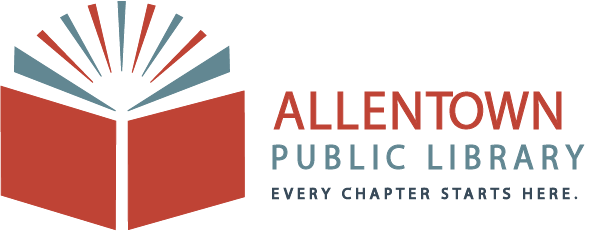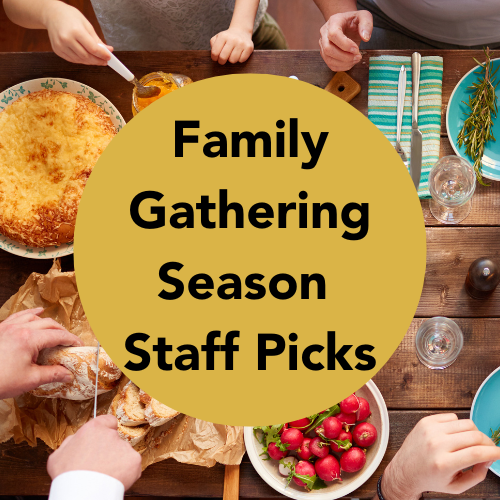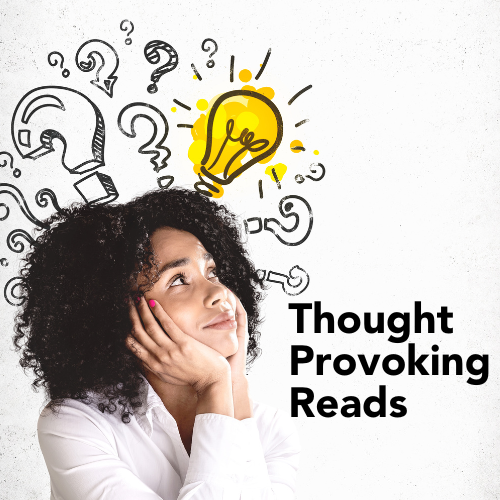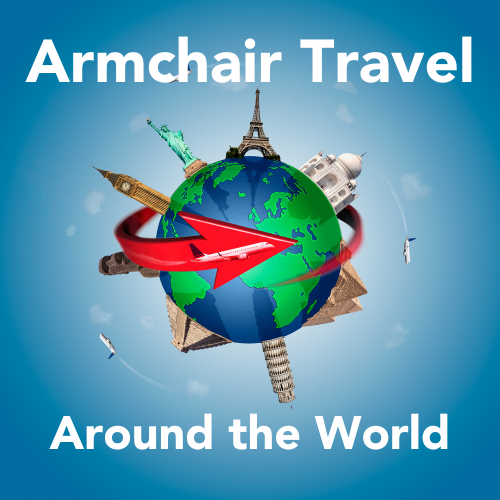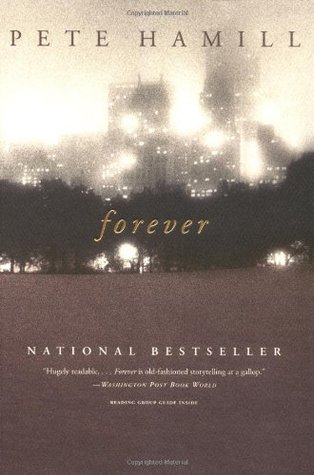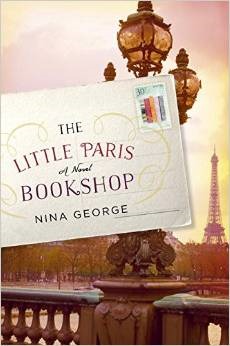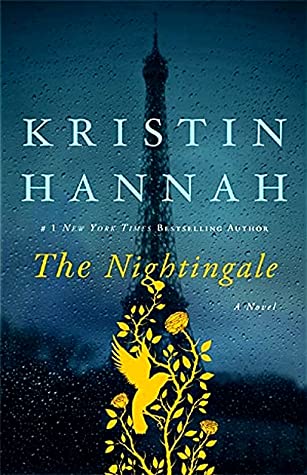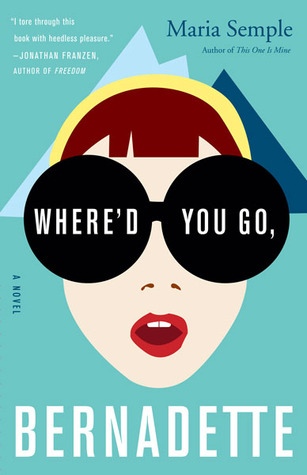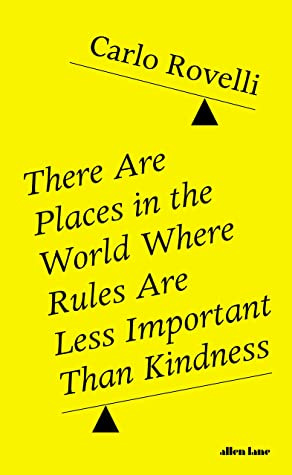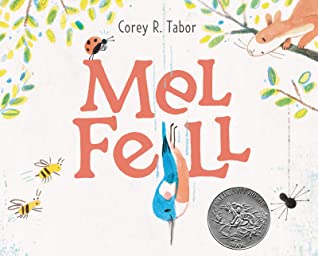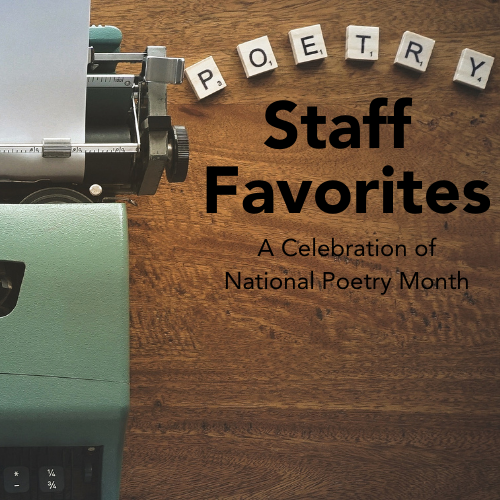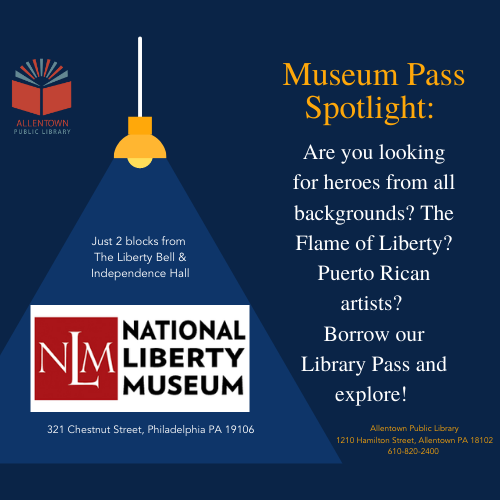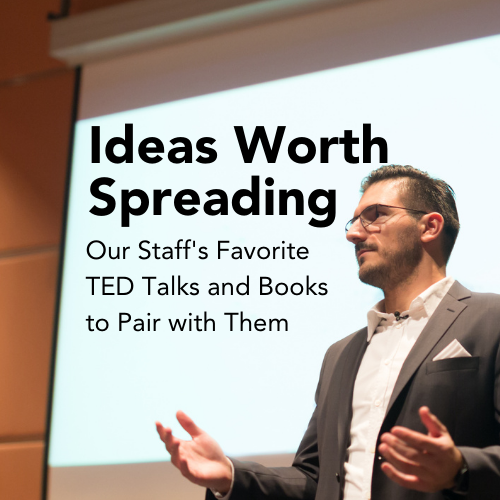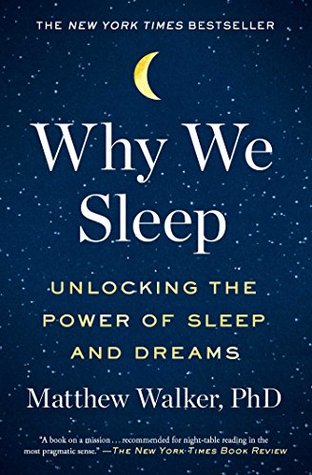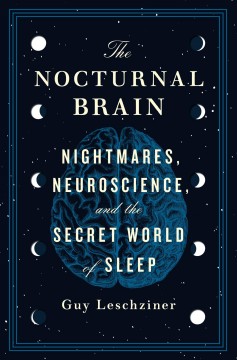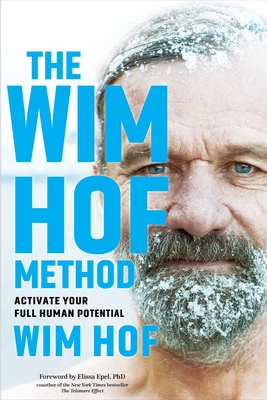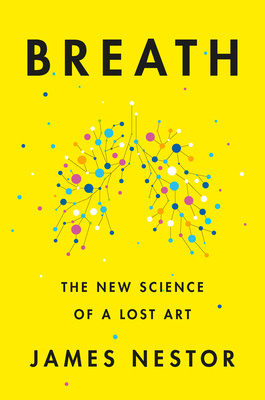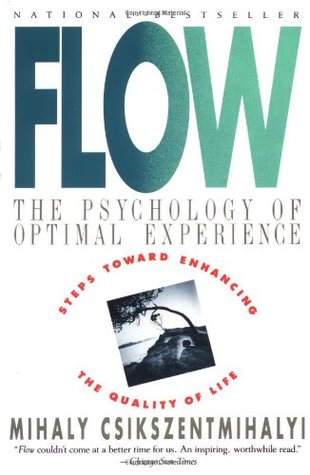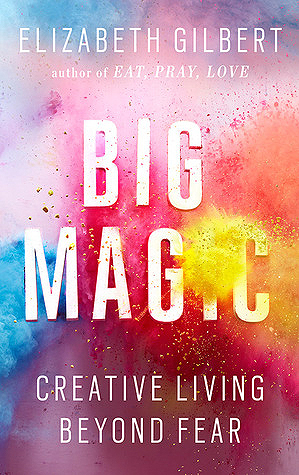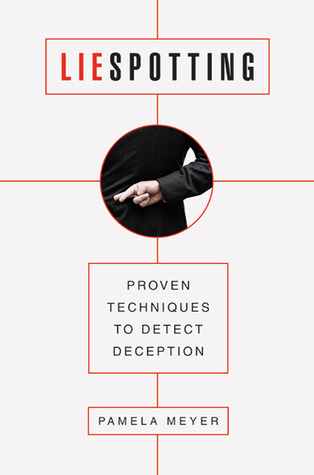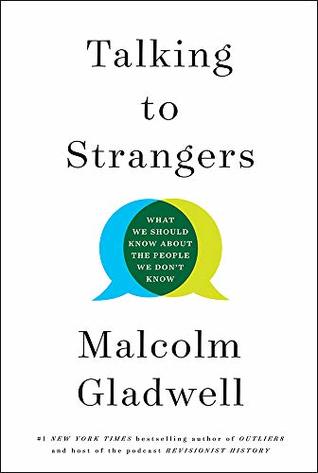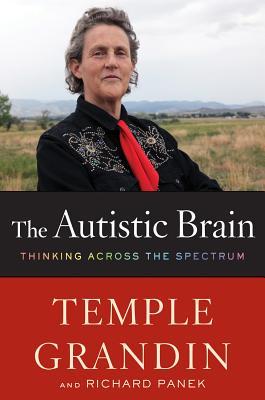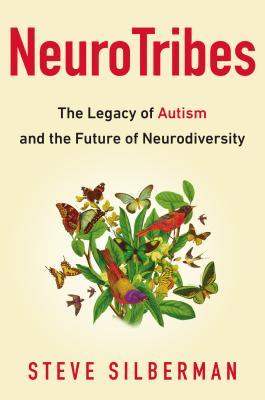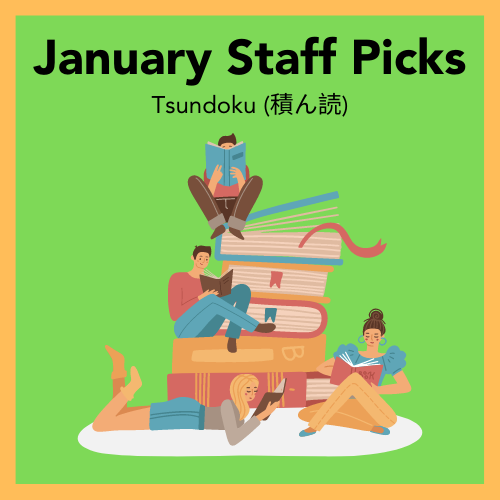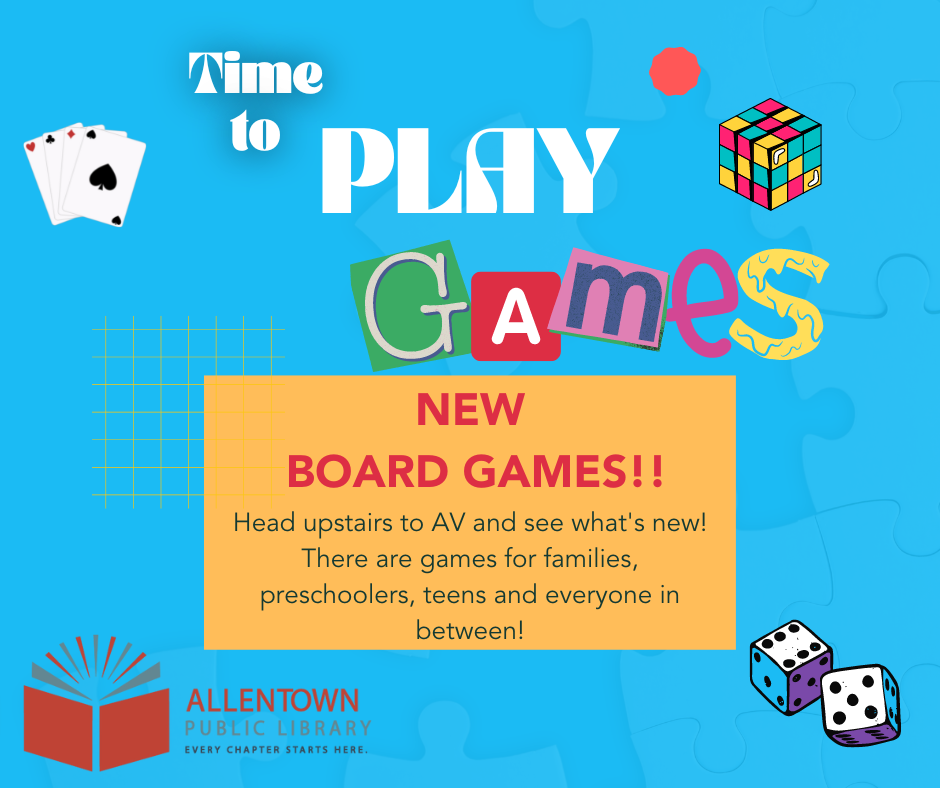
Homepage
Family Gathering Season Recommendations
Good, bad, happy or sad … family is family.
This month we asked our staff to recommend some books and movies that have to do with family gatherings. Check them out below!
Juvenile
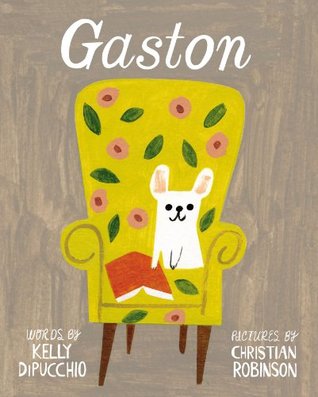
Gaston
by Kelly Dipucchio
This is the story of four puppies: Fi-Fi, Foo-Foo, Ooh-La-La, and Gaston. Gaston works the hardest at his lessons on how to be a proper pooch. He sips – never slobbers! He yips – never yaps! And he walks with grace – never races! Gaston fits right in with his poodle sisters.But a chance encounter with a bulldog family in the park-Rocky, Ricky, Bruno, and Antoinette-reveals there’s been a mix-up, and so Gaston and Antoinette switch places. The new families look right…but they don’t feel right. Can these puppies follow their noses-and their hearts-to find where they belong?
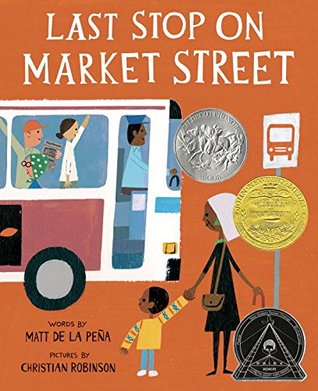
Last Stop on Market Street
by Matt de la Peña
CJ begins his weekly bus journey around the city with disappointment and dissatisfaction, wondering why he and his family can’t drive a car like his friends. Through energy and encouragement, CJ’s nana helps him see the beauty and fun in their routine.
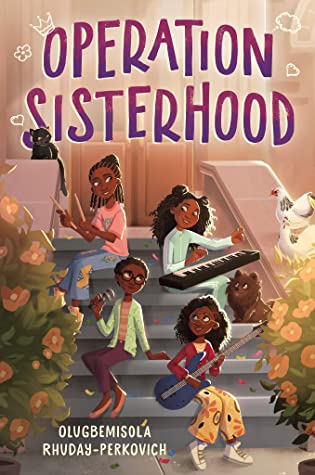
Operation Sisterhood
Olugbemisola Rhuday-Perkovich
Eleven-year-old Bo has gotten used to its being just her and her mom in their cozy New York apartment. But when her mom gets married, Bo must adjust to instant sisterhood, and a music-minded blended family that is much larger, louder, and more complex than she ever imagined.
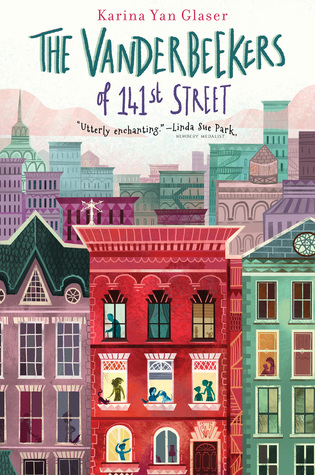
The Vanderbeekers of 141st Street
by Karina Yan Glaser
The Vanderbeekers have always lived in the brownstone on 141st Street. It’s practically another member of the family. So when their reclusive, curmudgeonly landlord decides not to renew their lease, the five siblings have eleven days to do whatever it takes to stay in their beloved home and convince the dreaded Beiderman just how wonderful they are. And all is fair in love and war when it comes to keeping their home.
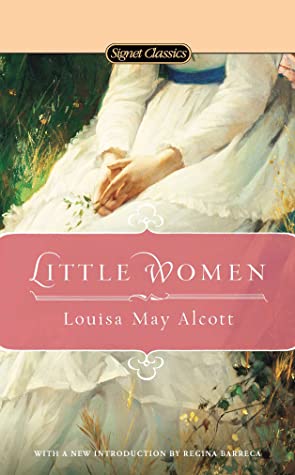
Little Women
Louisa May Alcott
Here are talented tomboy and author-to-be Jo, tragically frail Beth, beautiful Meg, and romantic, spoiled Amy, united in their devotion to each other and their struggles to survive in New England during the Civil War.
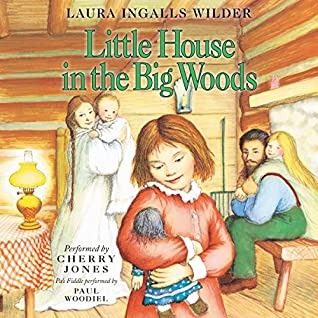
Little House Series
by Laura Ingalls Wilder
Based on the real-life adventures of Laura Ingalls Wilder, Little House in the Big Woods is the first book in the award-winning Little House series, which has captivated generations of readers.
Adult Fiction
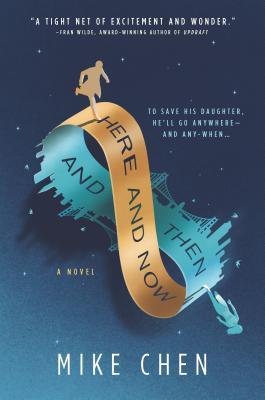
Here and Now and Then
by Mike Chen
Kin Stewart is an everyday family man: working in IT, trying to keep the spark in his marriage, struggling to connect with his teenage daughter, Miranda. But his current life is a far cry from his previous career…as a time-traveling secret agent from 2142.
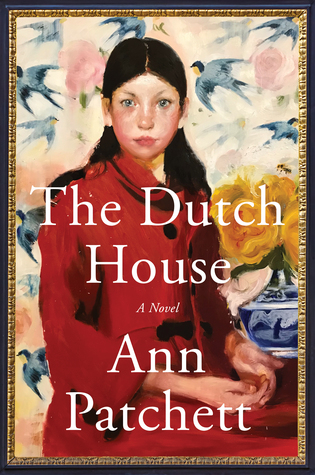
The Dutch House
by Ann Patchett
Set over the course of five decades, The Dutch House is a dark fairy tale about two smart people who cannot overcome their past. Despite every outward sign of success, Danny and Maeve are only truly comfortable when they’re together. Throughout their lives, they return to the well-worn story of what they’ve lost with humor and rage. But when at last they’re forced to confront the people who left them behind, the relationship between an indulged brother and his ever-protective sister is finally tested.
Book/Overdrive eBook/Overdrive Audiobook/Hoopla eBook/Hoopla Audiobook
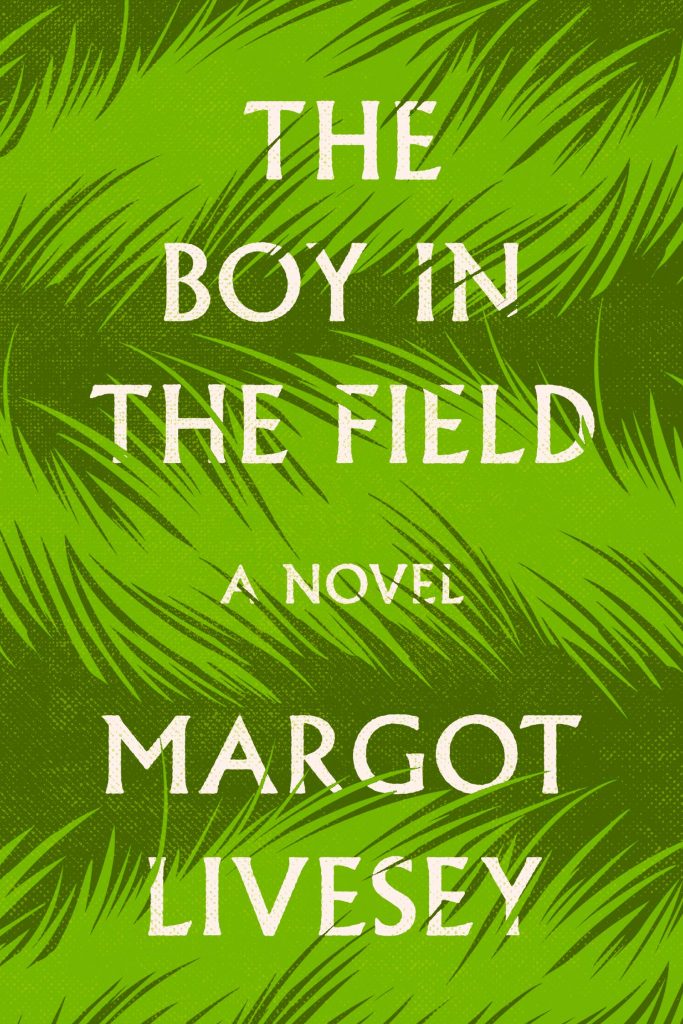
The Boy in the Field
by Margot Livesey
One September afternoon in 1999, teenagers Matthew, Zoe, and Duncan Lang are walking home from school when they discover a boy lying in a field, bloody and unconscious. Thanks to their intervention, the boy’s life is saved. In the aftermath, all three siblings are irrevocably changed. Matthew, the oldest, becomes obsessed with tracking down the assailant, secretly searching the local town with the victim’s brother. Zoe wanders the streets of Oxford, looking at men, and one of them, a visiting American graduate student, looks back. Duncan, the youngest, who has seldom thought about being adopted, suddenly decides he wants to find his birth mother. Overshadowing all three is the awareness that something is amiss in their parents’ marriage. Over the course of the autumn, as each of the siblings confronts the complications and contradictions of their approaching adulthood, they find themselves at once drawn together and driven apart.

Crossroads
by Jonathan Frantzen
It’s December 23, 1971, and heavy weather is forecast for Chicago. Russ Hildebrandt, the associate pastor of a liberal suburban church, is on the brink of breaking free of a marriage he finds joyless–unless his wife, Marion, who has her own secret life, beats him to it. Their eldest child, Clem, is coming home from college on fire with moral absolutism, having taken an action that will shatter his father. Clem’s sister, Becky, long the social queen of her high-school class, has sharply veered into the counterculture, while their brilliant younger brother Perry, who’s been selling drugs to seventh graders, has resolved to be a better person. Each of the Hildebrandts seeks a freedom that each of the others threatens to complicate.
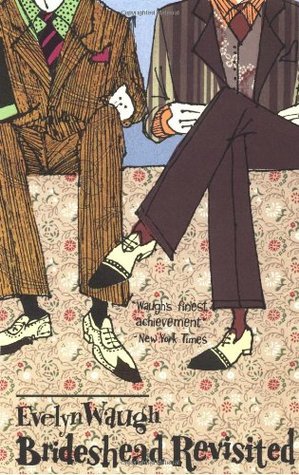
Brideshead Revisited
by Evelyn Waugh
The most nostalgic and reflective of Evelyn Waugh’s novels, Brideshead Revisited looks back to the golden age before the Second World War. It tells the story of Charles Ryder’s infatuation with the Marchmains and the rapidly-disappearing world of privilege they inhabit. Enchanted first by Sebastian at Oxford, then by his doomed Catholic family, in particular his remote sister, Julia, Charles comes finally to recognize only his spiritual and social distance from them.
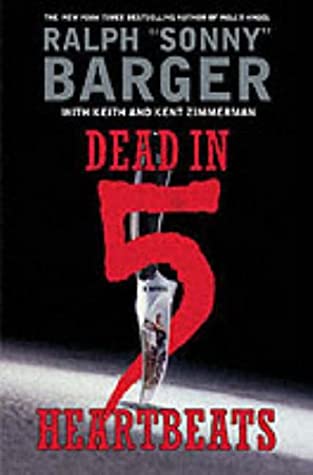
Dead in 5 Heartbeats
by Ralph Barger
Patch Kinkade thought that things were winding down. The former President of the Infidelz, the most powerful motorcycle club in Northern California, Patch has drifted east, hoping to start a new life in Arizona. He wants to forget his old life, a life where being the President of the Infidelz cost him his family. Now, he is responsible for no one but himself.
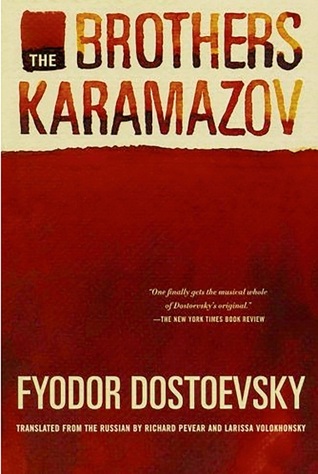
The Brothers Karamazov
by Fydor Dostoevsky
The Brothers Karamazov is a murder mystery, a courtroom drama, and an exploration of erotic rivalry in a series of triangular love affairs involving the “wicked and sentimental” Fyodor Pavlovich Karamazov and his three sons―the impulsive and sensual Dmitri; the coldly rational Ivan; and the healthy, red-cheeked young novice Alyosha. Through the gripping events of their story, Dostoevsky portrays the whole of Russian life, is social and spiritual striving, in what was both the golden age and a tragic turning point in Russian culture.
Adult Non-Fiction
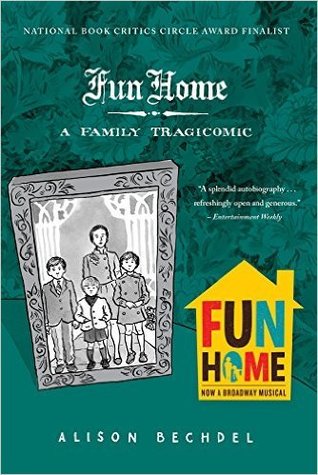
Fun Home: A Family Tragicomic
by Alison Bechdel
Distant and exacting, Bruce Bechdel was an English teacher and director of the town funeral home, which Alison and her family referred to as the Fun Home. It was not until college that Alison, who had recently come out as a lesbian, discovered that her father was also gay. A few weeks after this revelation, he was dead, leaving a legacy of mystery for his daughter to resolve.
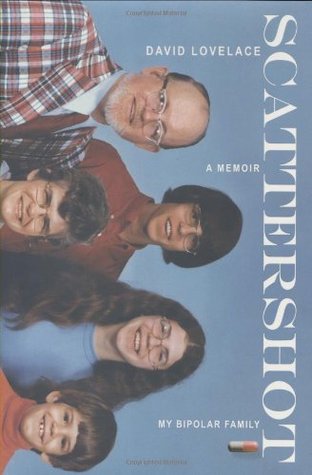
Scattershot: My Bipolar Family
by David Lovelace
The Glass Castle meets An Unquiet Mind in a mesmerizing, loving memoir about growing up in a family plagued by bipolar disorder.
Movies
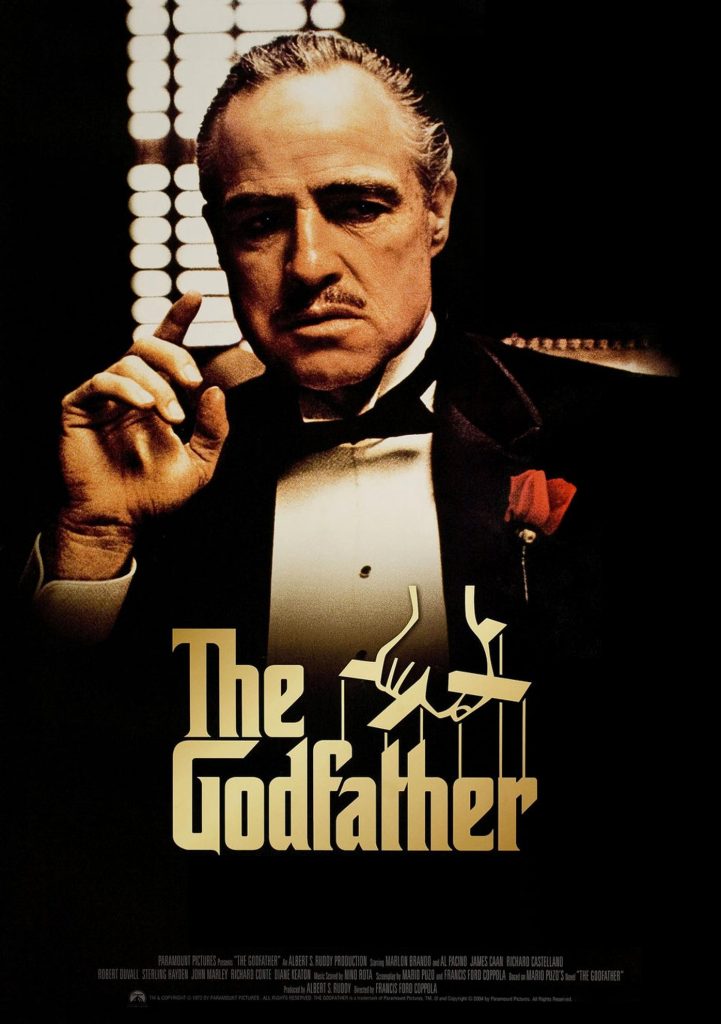
The aging patriarch of an organized crime dynasty in postwar New York City transfers control of his clandestine empire to his reluctant youngest son.
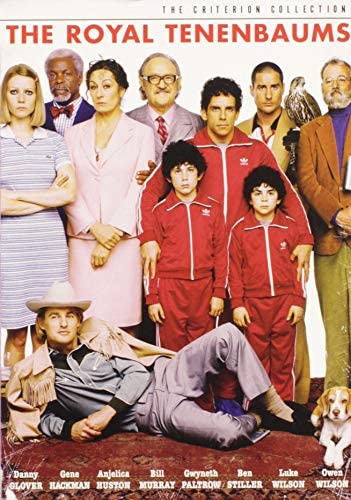
The eccentric members of a dysfunctional family reluctantly gather under the same roof for various reasons.
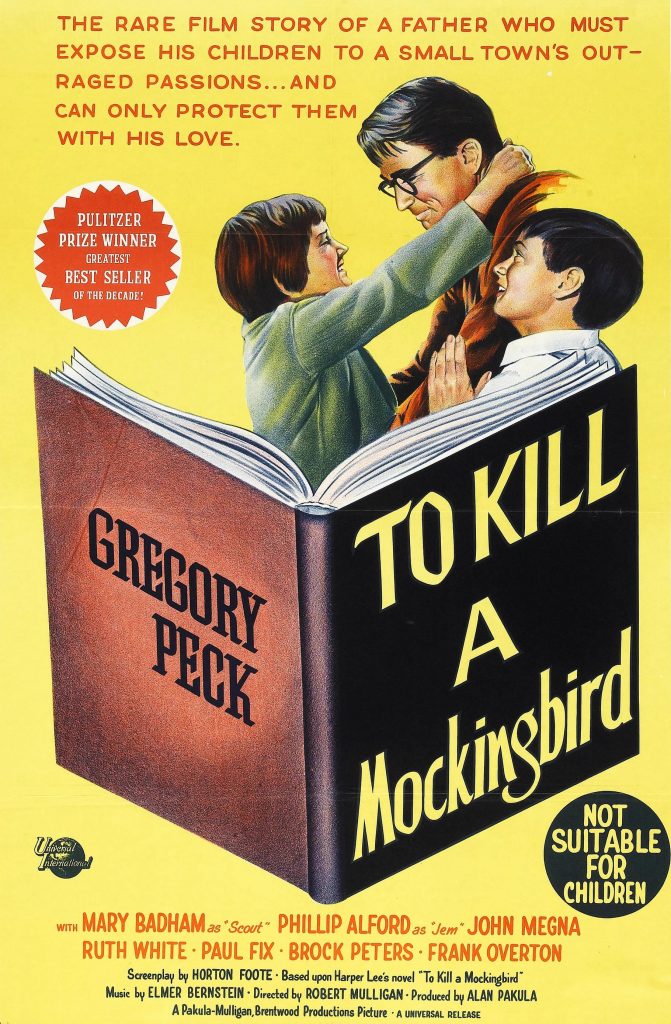
Atticus Finch, a widowed lawyer in Depression-era Alabama, defends a black man against an undeserved rape charge, and his children against prejudice.
DVD
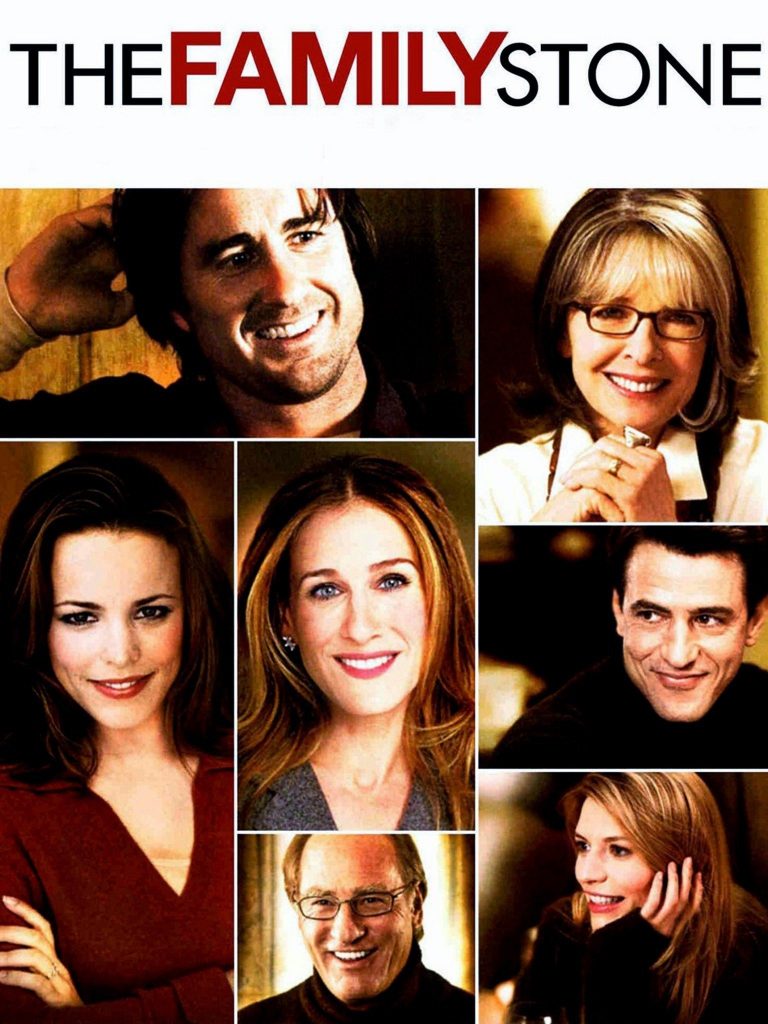
An uptight, conservative businesswoman accompanies her boyfriend to his eccentric and outgoing family’s annual Christmas celebration and finds that she’s a fish out of water in their free-spirited way of life.
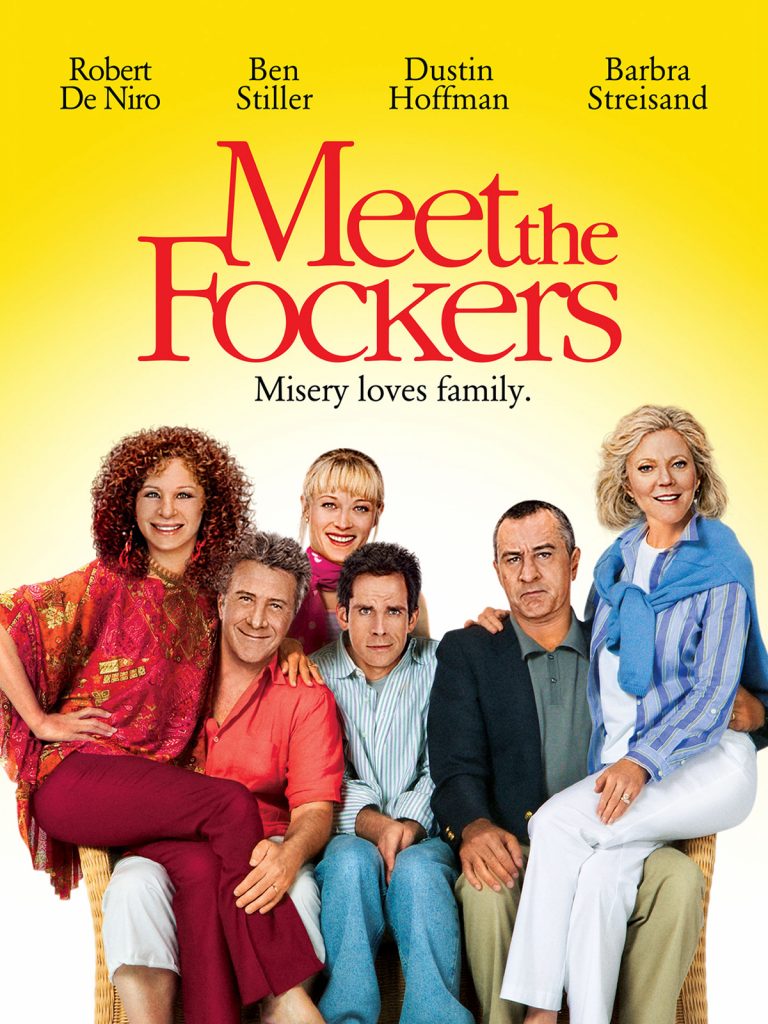
All hell breaks loose when the Byrnes family meets the Focker family for the first time.

A look at how tennis superstars Venus and Serena Williams became who they are after the coaching from their father Richard Williams.
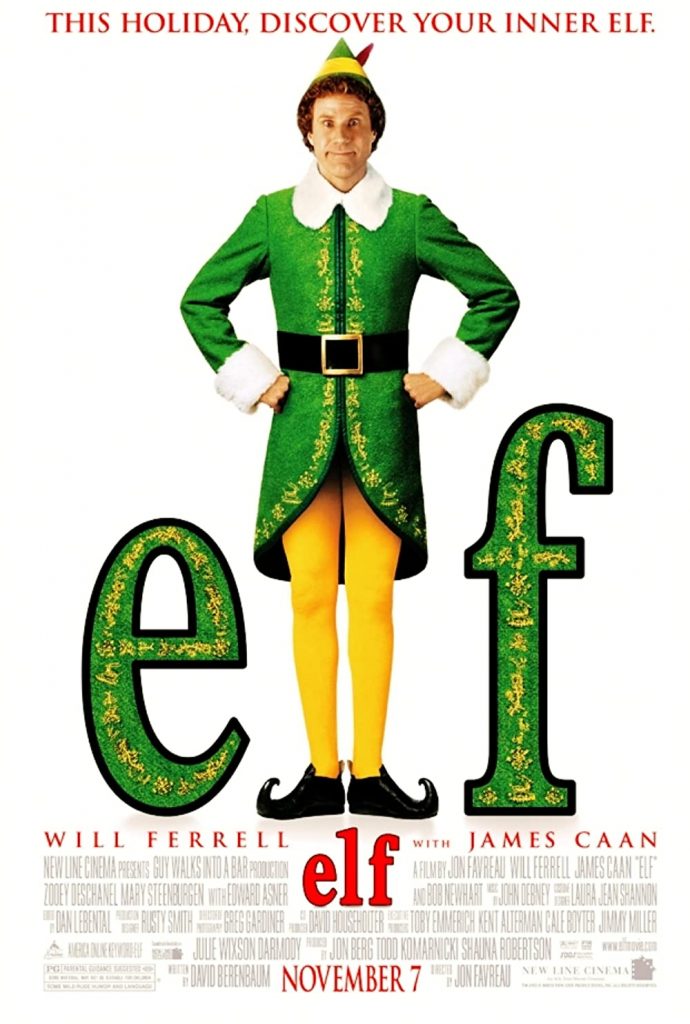
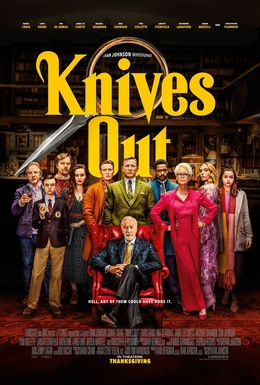
A detective investigates the death of the patriarch of an eccentric, combative family.
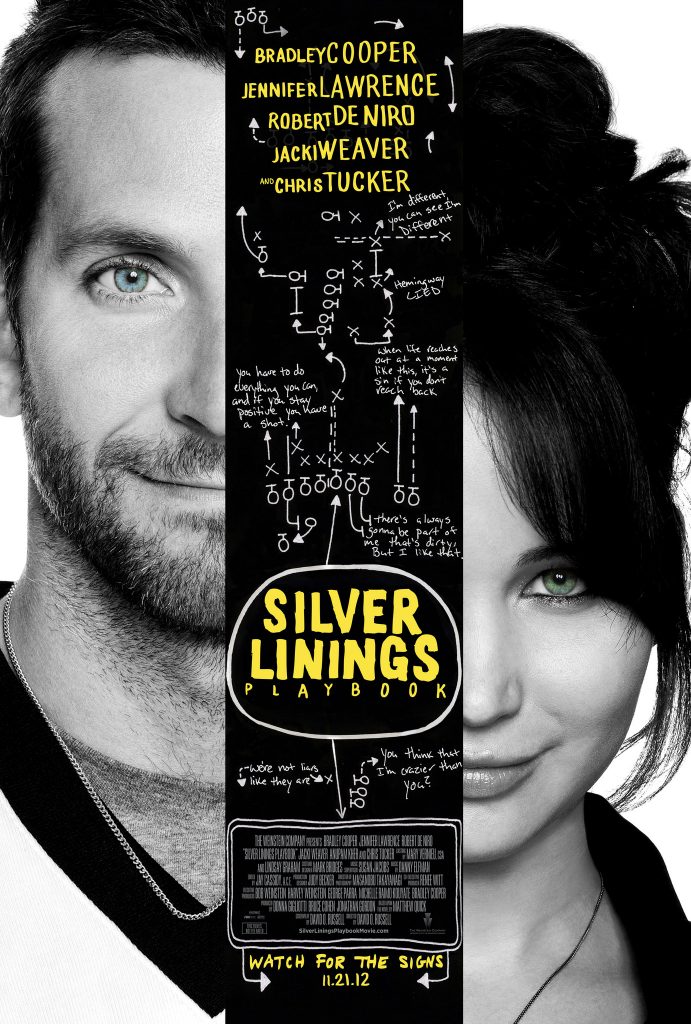
After a stint in a mental institution, former teacher Pat Solitano moves back in with his parents and tries to reconcile with his ex-wife. Things get more challenging when Pat meets Tiffany, a mysterious girl with problems of her own.
Thought Provoking Reads
In honor of the new school year, we asked our staff to recommend books that stretch your brain, open your mind and start a discussion!
Fiction
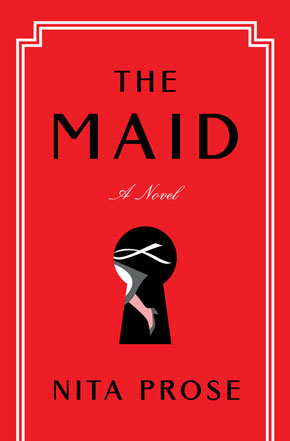
The Maid
By Nita Prose
Molly Gray is not like everyone else. She struggles with social skills and misreads the intentions of others. Her gran used to interpret the world for her, codifying it into simple rules that Molly could live by.
Since Gran died a few months ago, twenty-five-year-old Molly has been navigating life’s complexities all by herself. No matter—she throws herself with gusto into her work as a hotel maid. Her unique character, along with her obsessive love of cleaning and proper etiquette, make her an ideal fit for the job. She delights in donning her crisp uniform each morning, stocking her cart with miniature soaps and bottles, and returning guest rooms at the Regency Grand Hotel to a state of perfection.
But Molly’s orderly life is upended the day she enters the suite of the infamous and wealthy Charles Black, only to find it in a state of disarray and Mr. Black himself dead in his bed. Before she knows what’s happening, Molly’s unusual demeanor has the police targeting her as their lead suspect. She quickly finds herself caught in a web of deception, one she has no idea how to untangle. Fortunately for Molly, friends she never knew she had unite with her in a search for clues to what really happened to Mr. Black—but will they be able to find the real killer before it’s too late?
Book/Overdrive eBook/Overdrive Audiobook
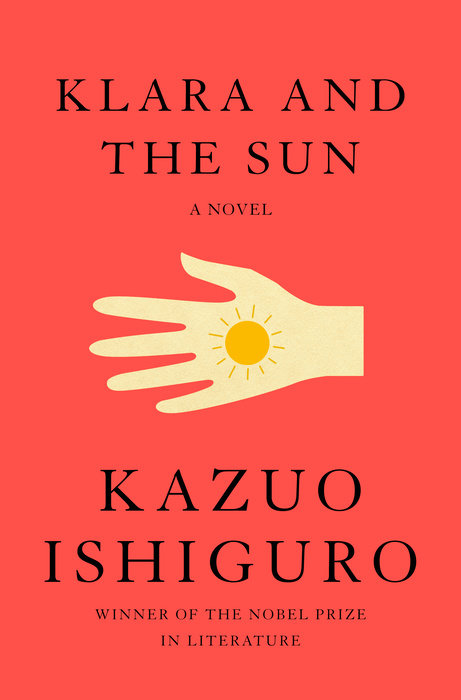
Klara and the Sun
By Kazuo Ishiguro
From her place in the store, Klara, an Artificial Friend with outstanding observational qualities, watches carefully the behavior of those who come in to browse, and of those who pass on the street outside. She remains hopeful that a customer will soon choose her, but when the possibility emerges that her circumstances may change forever, Klara is warned not to invest too much in the promises of humans.
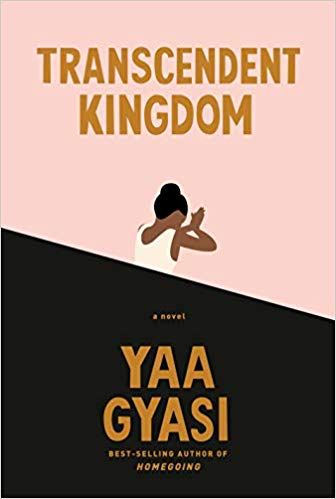
Transcendent kingdom
By Yaa Gyasi
Gifty is a fifth-year candidate in neuroscience at Stanford School of Medicine studying reward-seeking behavior in mice and the neural circuits of depression and addiction. Her brother, Nana, was a gifted high school athlete who died of a heroin overdose after a knee injury left him hooked on OxyContin. Her suicidal mother is living in her bed. Gifty is determined to discover the scientific basis for the suffering she sees all around her.
But even as she turns to the hard sciences to unlock the mystery of her family’s loss, she finds herself hungering for her childhood faith and grappling with the evangelical church in which she was raised, whose promise of salvation remains as tantalizing as it is elusive.
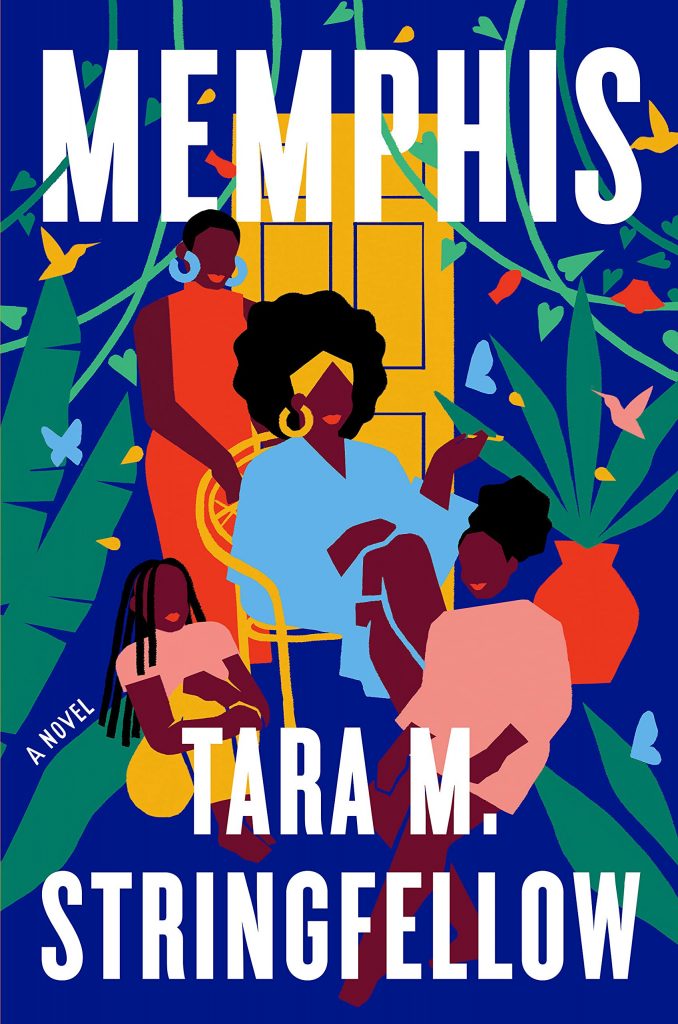
Memphis
By Tara M. Stringfellow
In the summer of 1995, ten-year-old Joan, her mother, and her younger sister flee her father’s violence, seeking refuge at her mother’s ancestral home in Memphis. Half a century ago, Joan’s grandfather built this majestic house in the historic Black neighborhood of Douglass–only to be lynched days after becoming the first Black detective in Memphis. This wasn’t the first time violence altered the course of Joan’s family’s trajectory, and she knows it won’t be the last. Longing to become an artist, Joan pours her rage and grief into sketching portraits of the women of North Memphis–including their enigmatic neighbor Miss Dawn, who seems to know something about curses.
Unfolding over seventy years through a chorus of voices, Memphis weaves back and forth in time to show how the past and future are forever intertwined. It is only when Joan comes to see herself as a continuation of a long matrilineal tradition–and the women in her family as her guides to healing–that she understands that her life does not have to be defined by vengeance. That the sole weapon she needs is her paintbrush.

Hard-Boiled Wonderland and the End of the World
By Haruki Murakami
‘A narrative particle accelerator that zooms between Wild Turkey Whiskey and Bob Dylan, unicorn skulls and voracious librarians, John Coltrane and Lord Jim. Science fiction, detective story and post-modern manifesto all rolled into one rip-roaring novel, Hard-Boiled Wonderland and the End of the World is the tour de force that expanded Haruki Murakami’s international following. Tracking one man’s descent into the Kafkaesque underworld of contemporary Tokyo, Murakami unites East and West, tragedy and farce, compassion and detachment, slang and philosophy.’
Nonfiction
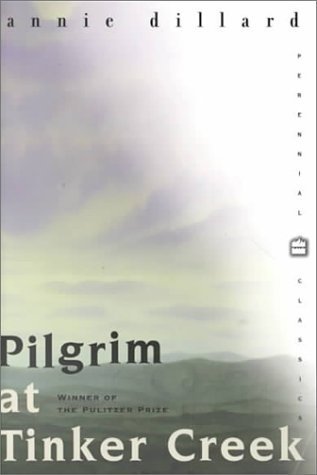
Pilgrim at Tinker Creek
By Annie Dillard
An exhilarating meditation on nature and its seasons—a personal narrative highlighting one year’s exploration on foot in the author’s own neighborhood in Tinker Creek, Virginia. In the summer, Dillard stalks muskrats in the creek and contemplates wave mechanics; in the fall she watches a monarch butterfly migration and dreams of Arctic caribou. She tries to con a coot; she collects pond water and examines it under a microscope. She unties a snake skin, witnesses a flood, and plays ‘King of the Meadow’ with a field of grasshoppers.
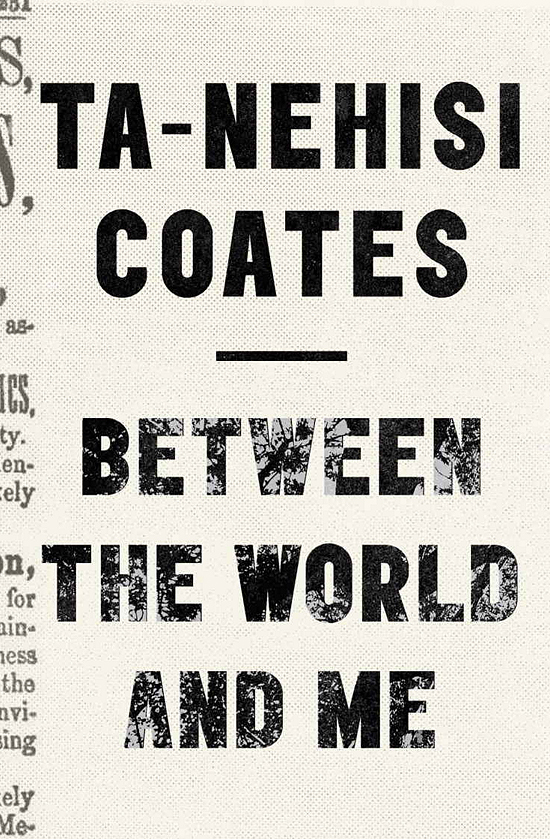
Between the World and Me
By Ta-Nehisi Coates
In a profound work that pivots from the biggest questions about American history and ideals to the most intimate concerns of a father for his son, Ta-Nehisi Coates offers a powerful new framework for understanding our nation’s history and current crisis. Americans have built an empire on the idea of “race,” a falsehood that damages us all but falls most heavily on the bodies of black women and men—bodies exploited through slavery and segregation, and, today, threatened, locked up, and murdered out of all proportion. What is it like to inhabit a black body and find a way to live within it? And how can we all honestly reckon with this fraught history and free ourselves from its burden?
Book/Audiobook CD/Overdrive eBook/Overdrive Audiobook
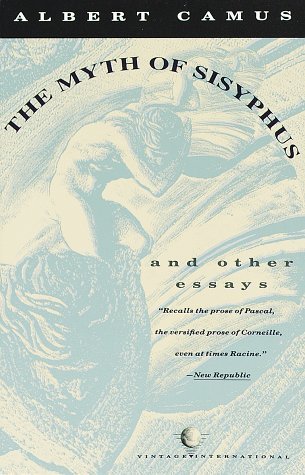
The Myth of Sisyphus and Other Essays
By Albert Camus
One of the most influential works of this century, this is a crucial exposition of existentialist thought. Influenced by works such as Don Juan, and the novels of Kafka, these essays begin with a meditation on suicide: the question of living or not living in an absurd universe devoid of order or meaning. With lyric eloquence, Camus posits a way out of despair, reaffirming the value of personal existence, and the possibility of life lived with dignity and authenticity.
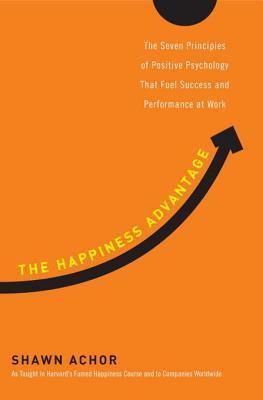
The Happiness Advantage
By Shawn Achor
Conventional wisdom holds that if we work hard we will be more successful, and if we are more successful, then we’ll be happy. If we can just find that great job, win that next promotion, lose those five pounds, happiness will follow. But recent discoveries in the field of positive psychology have shown that this formula is actually backward: Happiness fuels success, not the other way around. When we are positive, our brains become more engaged, creative, motivated, energetic, resilient, and productive at work. This isn’t just an empty mantra. This discovery has been repeatedly borne out by rigorous research in psychology and neuroscience, management studies, and the bottom lines of organizations around the globe.
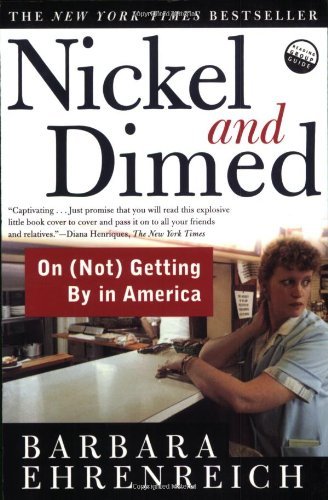
Nickel and Dimed
By Barbara Ehrenreich
Millions of Americans work full-time, year-round, for poverty-level wages. In 1998, Barbara Ehrenreich decided to join them. She was inspired in part by the rhetoric surrounding welfare reform, which promised that any job equals a better life. But how can anyone survive, let alone prosper, on $6-$7 an hour? To find out, Ehrenreich moved from Florida to Maine to Minnesota, taking the cheapest lodgings available and accepting work as a waitress, hotel maid, house cleaner, nursing home aide, and Wal-Mart salesperson. She soon discovered that even the “lowliest” occupations require exhausting mental and physical efforts. And one job is not enough; you need at least two if you intend to live indoors.
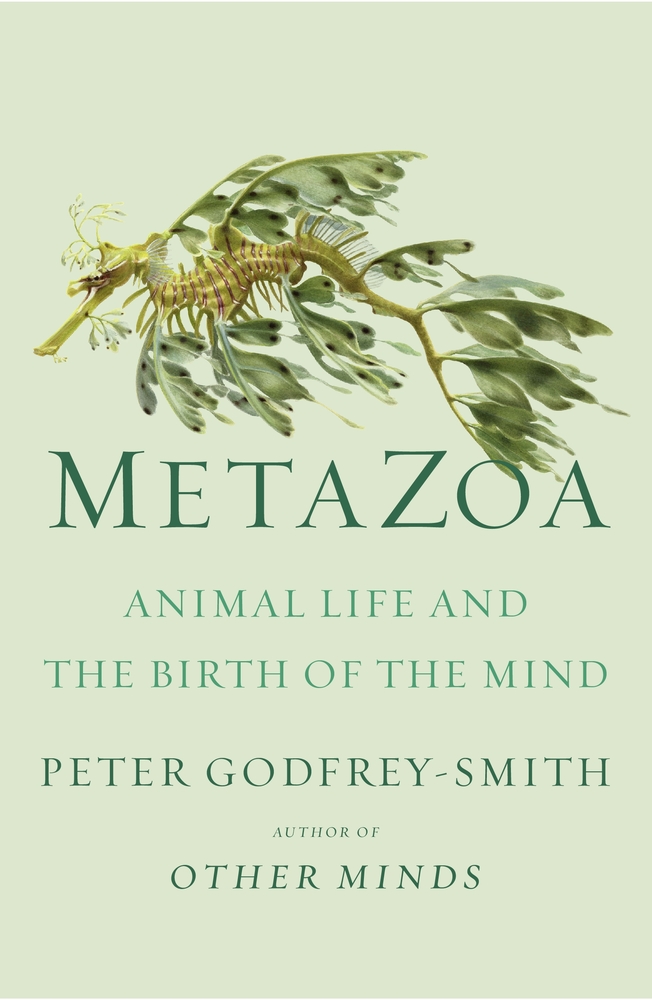
Metazoa: Animal Life and the Birth of the Mind
By Peter Godfrey-Smith
Dip below the ocean’s surface and you are soon confronted by forms of life that could not seem more foreign to our own: sea sponges, soft corals, and serpulid worms, whose rooted bodies, intricate geometry, and flower-like appendages are more reminiscent of plant life or even architecture than anything recognizably animal. Yet these creatures are our cousins. As fellow members of the animal kingdom—the Metazoa—they can teach us much about the evolutionary origins of not only our bodies, but also our minds.
Young Adult Books
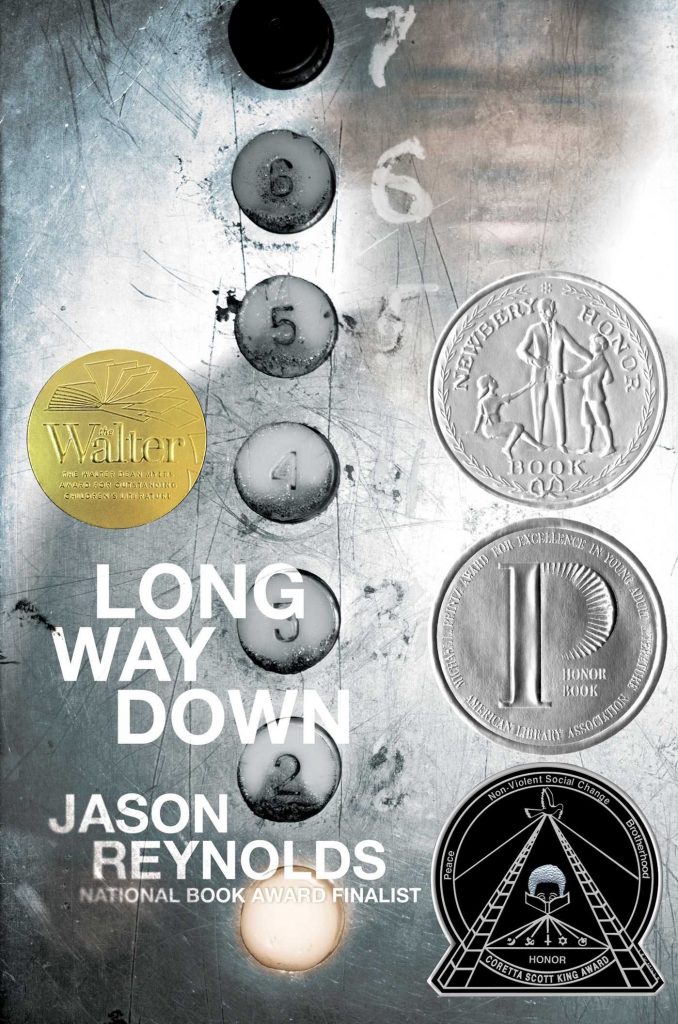
Long Way Down
By Jason Reynolds
Fifteen-year-old Will has shoved a gun in the back waistband of his jeans. See, his brother Shawn was just murdered. And Will knows the rules. No crying. No snitching. Revenge. That’s where Will’s now heading, with that gun shoved in the back waistband of his jeans, the gun that was his brother’s gun. He gets on the elevator, seventh floor, stoked. He knows who he’s after. Or does he? As the elevator stops on the sixth floor, on comes Buck. Buck, Will finds out, is who gave Shawn the gun before Will took the gun. Buck tells Will to check that the gun is even loaded. And that’s when Will sees that one bullet is missing. And the only one who could have fired Shawn’s gun was Shawn. Huh. Will didn’t know that Shawn had ever actually USED his gun. Bigger huh. BUCK IS DEAD. But Buck’s in the elevator? Just as Will’s trying to think this through, the door to the next floor opens. A teenage girl gets on, waves away the smoke from Dead Buck’s cigarette. Will doesn’t know her, but she knew him. Knew. When they were eight. And stray bullets had cut through the playground, and Will had tried to cover her, but she was hit anyway, and so what she wants to know, on that fifth floor elevator stop, is, what if Will, Will with the gun shoved in the back waistband of his jeans, MISSES.
And so it goes, the whole long way down, as the elevator stops on each floor, and at each stop someone connected to his brother gets on to give Will a piece to a bigger story than the one he thinks he knows. A story that might never know an END…if WILL gets off that elevator.
Children’s Books
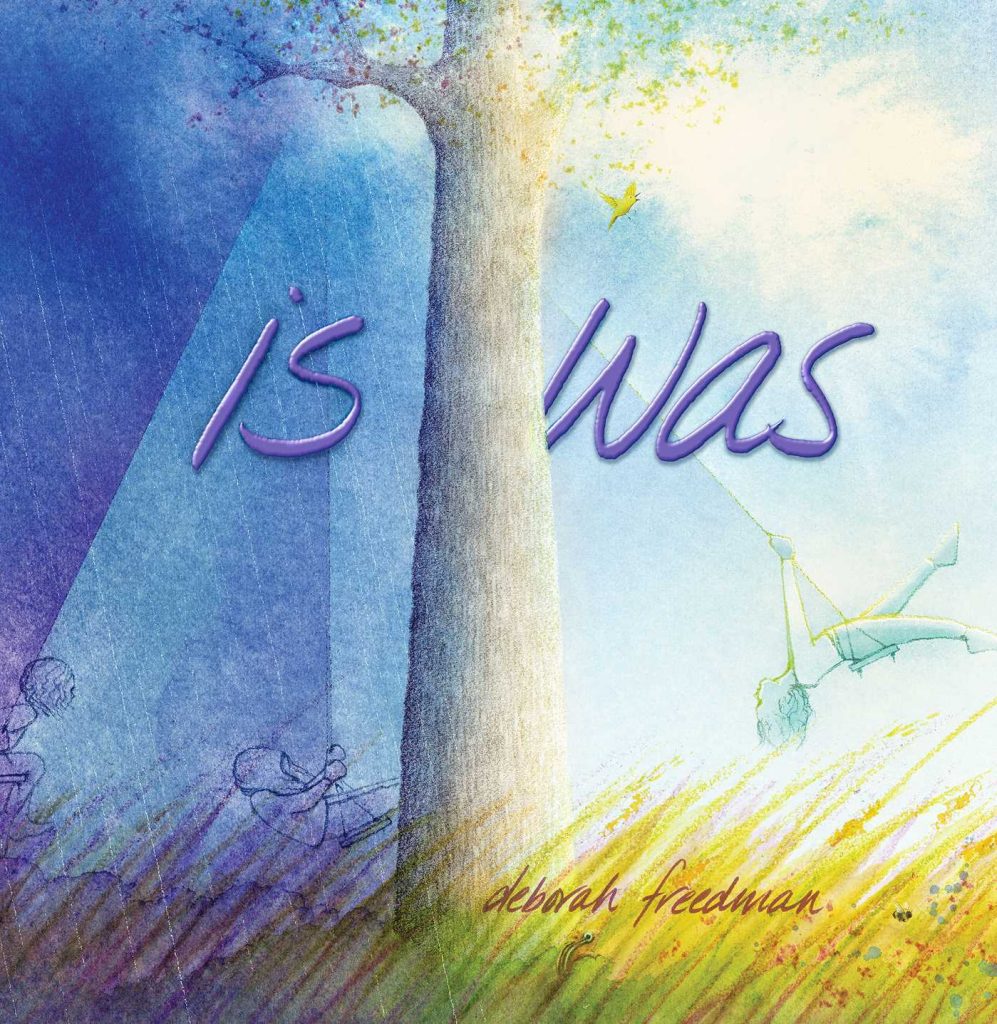
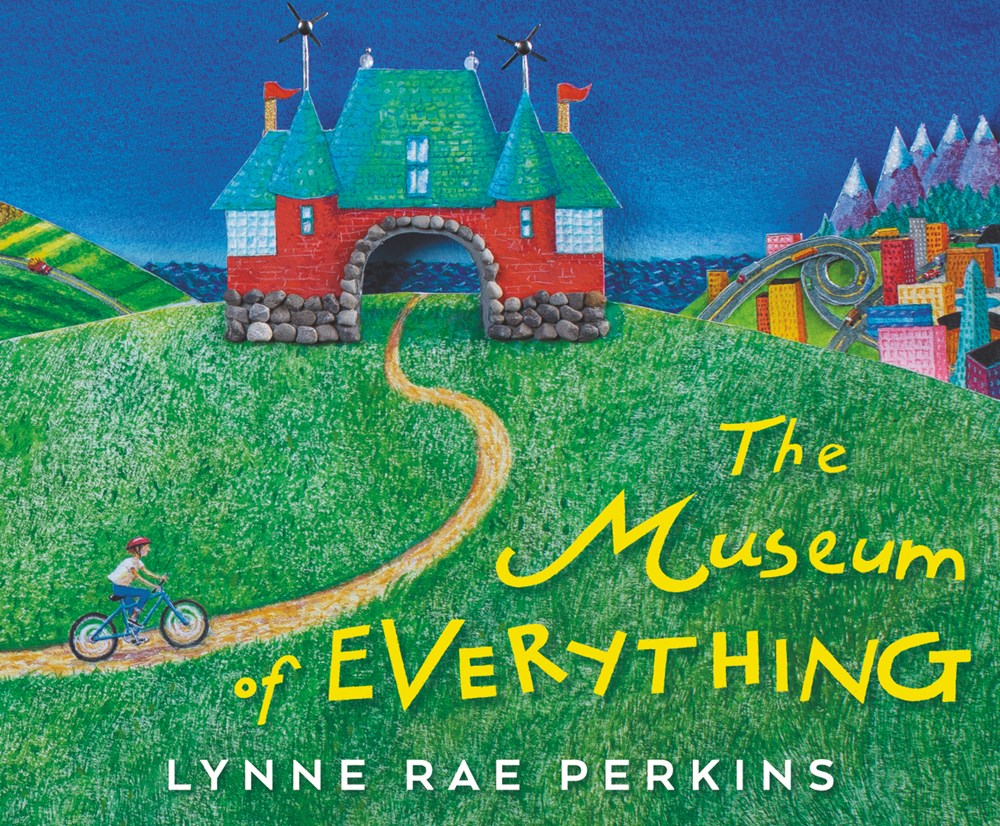
The Museum of Everything
by Lynne Rae Perkins
When a young girl feels that the world is too big and loud and busy and distracting, she pretends that she’s in a museum. It’s quiet there, and she can wonder about everything: Is a rock in a puddle an island? Is a dry spot on the ground on a rainy day the shadow of a car that’s just driven off? There’s a museum for everything—for islands and shadows and clouds and trees, and so much more.
Armchair Travel Around the World
Sometimes it is difficult to getting away…except when reading a book! This month we asked our staff for suggestions of books that take place in a specific location, have a strong sense of place or contain travel. This is what they gave us.
Fiction
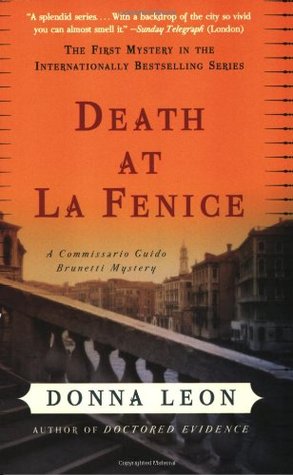
Death at La Fenice
By Donna Leon
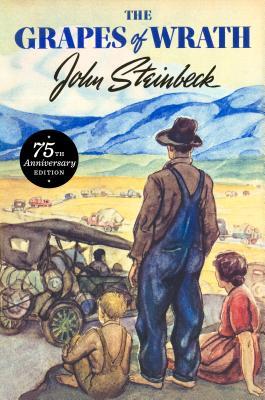
Grapes of Wrath
By John Steinbeck

Gulliver’s Travels
By Jonathan Swift
Book/Overdrive eBook/Hoopla eBook/Hoopla Audiobook/Hoopla Graphic Novel
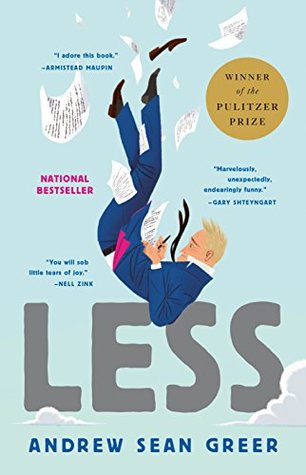
Less
By Andrew Sean Greer

The Guernsey Literary and Potato Peel Pie Society
Mary Ann Shaffer and Anne Barrows
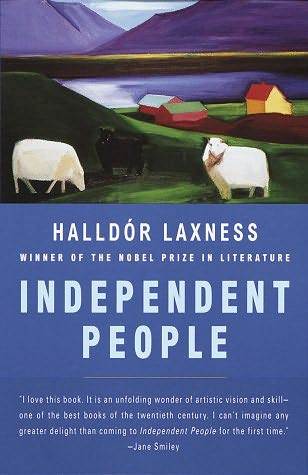
Independent People
Halldór Laxness
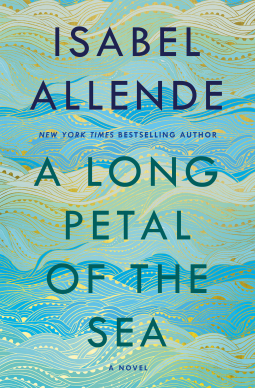
A long Petal of the Sea
Isabel Allende
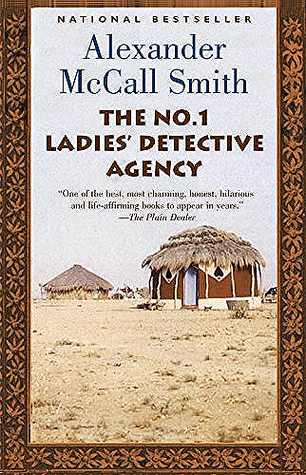
The No. 1 Ladies’ Detective Agency
Alexander McCall Smith
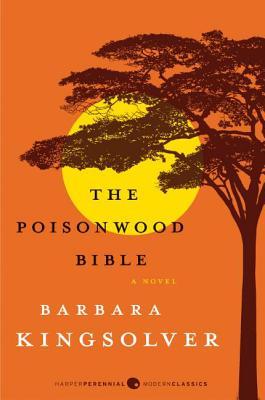
The Poisonwood Bible
Barbara Kingsolver
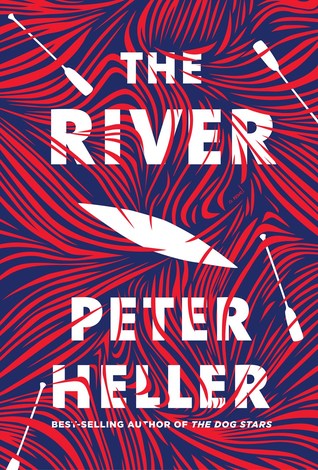
The River
Peter Heller

Red Sorghum
Mo Yan
Kids
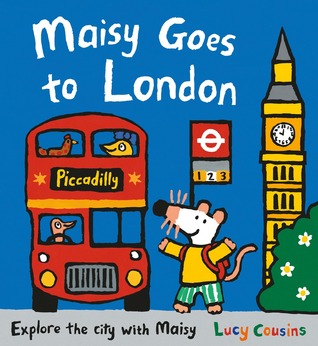
Maisy Goes to London
By Lucy Cousins
Nonfiction

125 Wacky Roadside Attractions
National Geographics
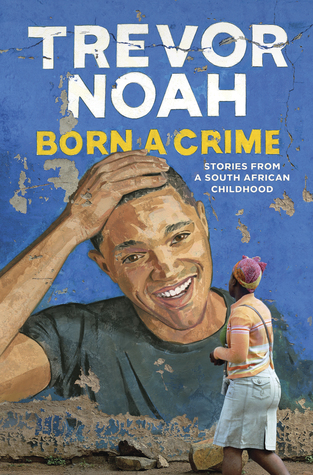
Born a Crime
By Trevor Noah
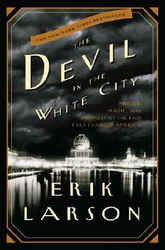
Devil in the White City
By Erik Lareson
Book/Large Print/Audio CD/Overdrive eBook/Overdrive Audiobook
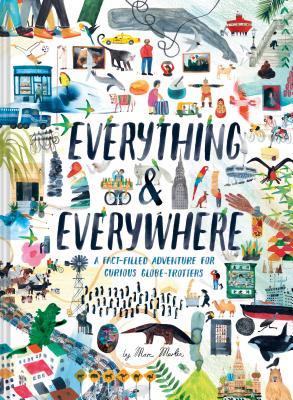
Everything & Everywhere
By Marc Martin
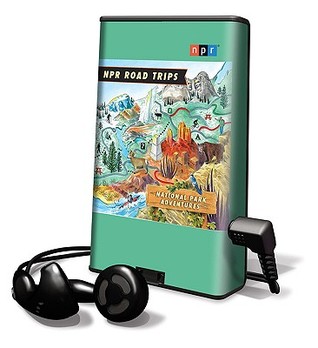
National Park Adventures
By Noah Adams
Perfect Poolside Perusals
Summer is here so we asked our staff what are some of their favorite books to read while soaking up the sun. Click on the title to find summaries and reviews on Goodreads.com.
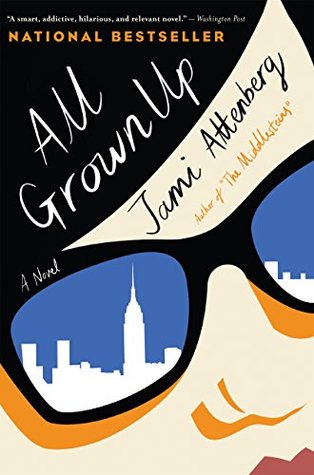
All Grown Up
by Jami Attenberg
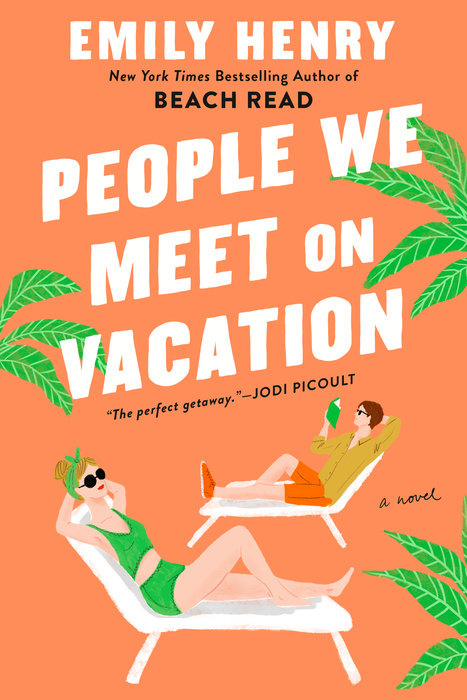
People We Meet on Vacation
by Emily Henry
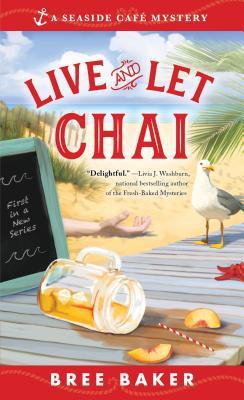
Live and Let Chai
by Bree Baker
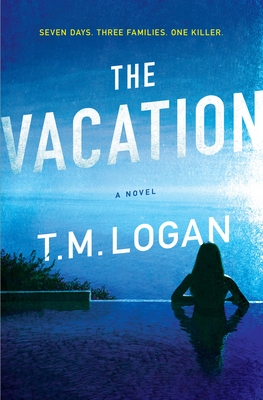
The Vacation: A Novel
by T.M. Logan
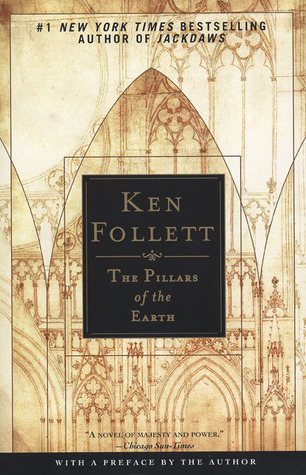
Pillars of the Earth
by Ken Follett
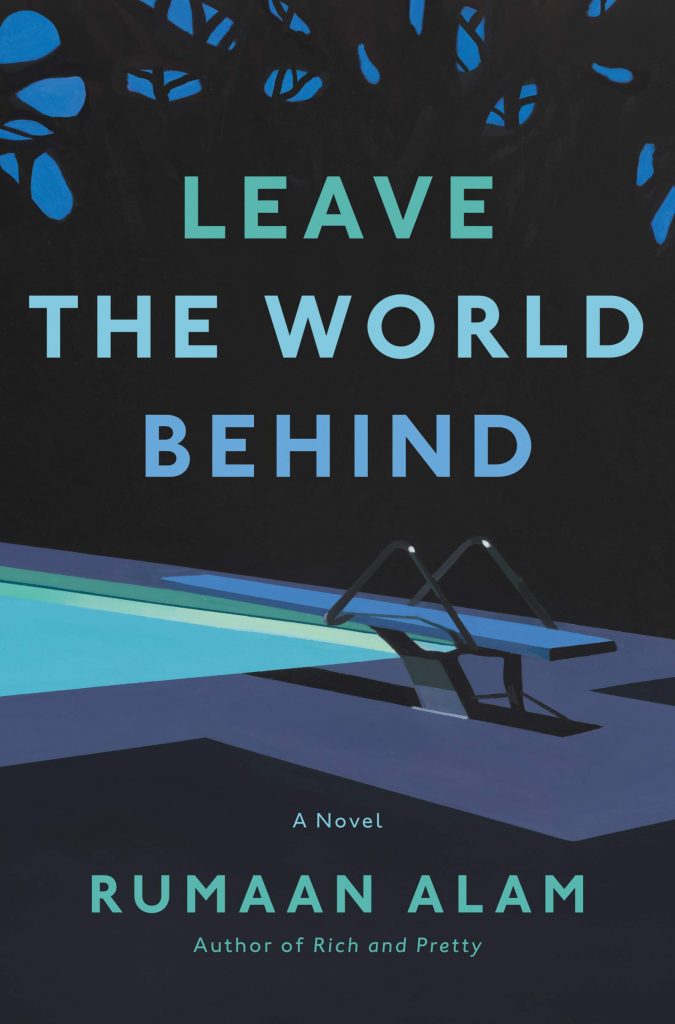
Leave the World Behind
by Ruman Alaam
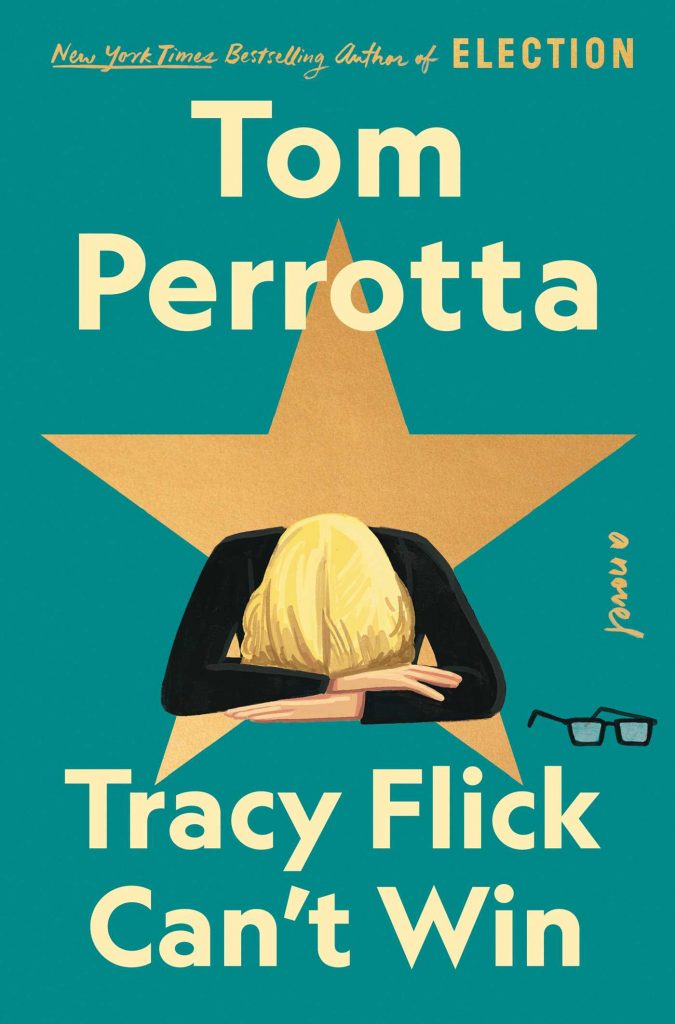
Tracy Flick Can’t Win
by Tom Perrotta
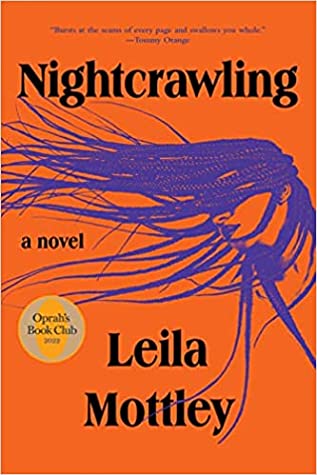
Nightcrawling
by Leila Mottley
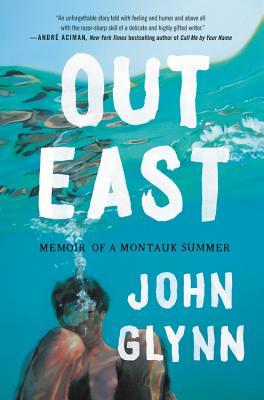
Out East
by John Glynn
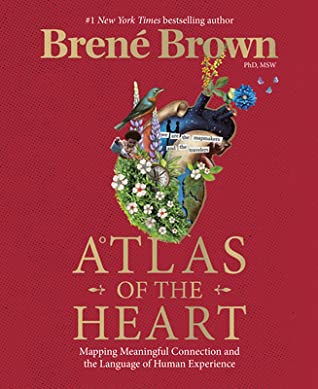
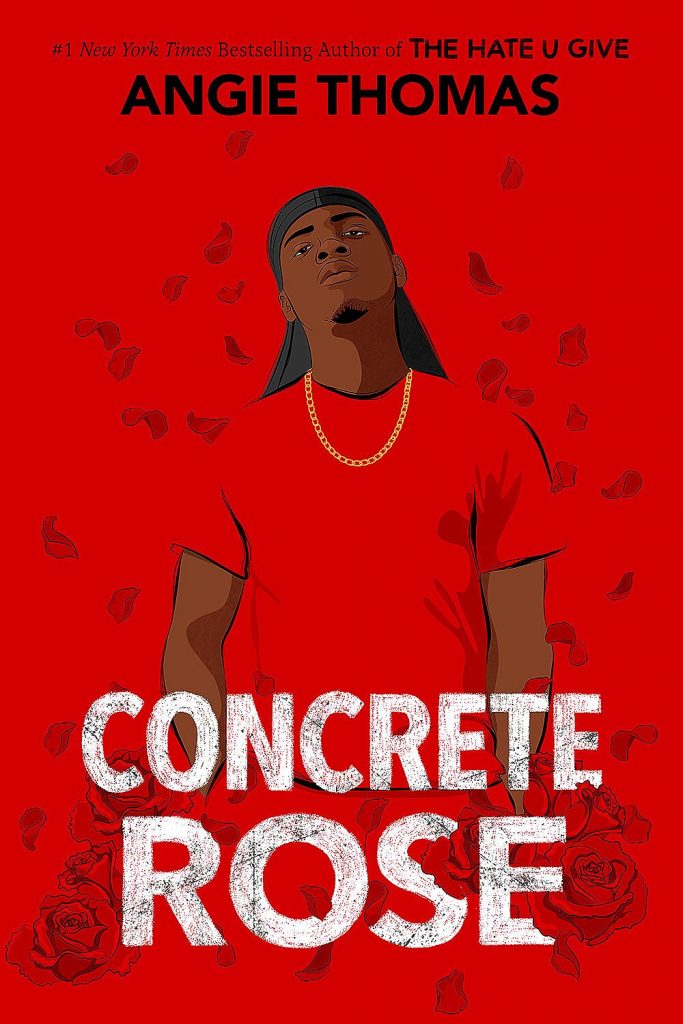
Concrete Rose
by Angie Thomas
Poetry Month
April is National Poetry Month and to celebrate we asked our staff to recommend their favorite poets. As a bonus we also have a few haikus written by our staff.
Librarian Haiku #1

Reading Sends You to
Faraway Places Even
When You Can’t Leave Home
Librarian Haiku #2

Words Crowd on the Page
“We’re Revolting” They Say As
They Form a New Draft
Librarian Haiku #3

Toss Waste onto Ground
Lazy Humans Trash Our Earth
Be Bold! Pick it Up!
- Rabindranath Tagore
- e. e. cummings
- Book in verse: Starfish by Lisa Fipps
- Book in verse: Crossover by Kwame Alexander
Museum Pass Spotlight: National Liberty Museum
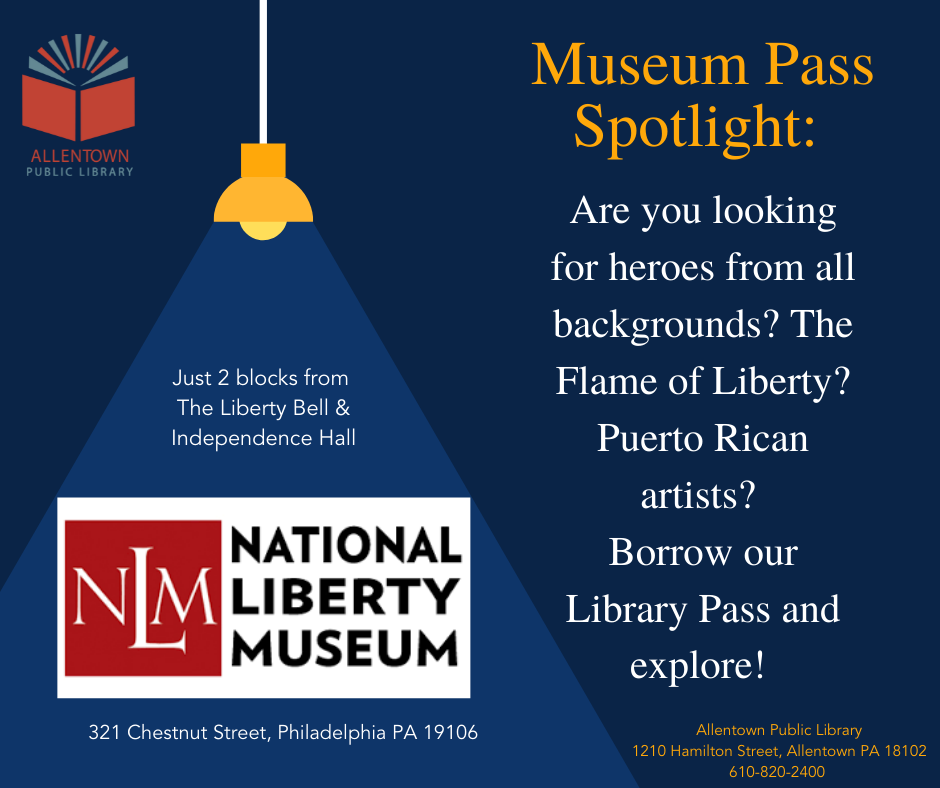
Learn more about all the Museum Passes the library has to offer HERE!
TED Talks
Our Favorite TED Talks
TED is a global community, welcoming people from every discipline and culture who seek a deeper understanding of the world. They believe passionately in the power of ideas to change attitudes, lives and, ultimately, the world. We asked our staff to share their favorite TED Talks and paired them a few books that may help you expand your understanding on the topic. This is what they came up with. (Click on the book covers to find the books in our catalog)
Matt Walker: Why Sleep Matters Now More Than Ever
Wim Hof: Standing the Ice with Our Minds
Amy Tan: Where Does Creativity Hide
Rita Pierson: Every Kid Needs a Champion
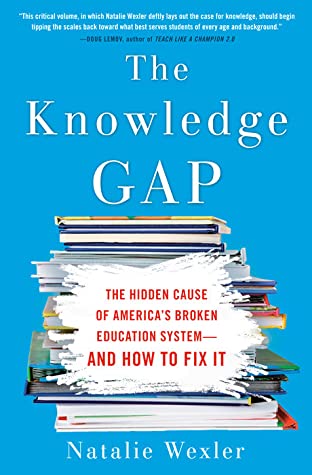
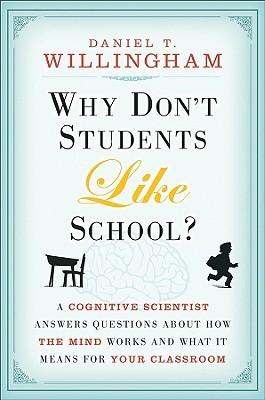
Dr. Mark Holder: Three Words That Will Change Your Life
Pamela Meyer: How to Spot a Liar
Temple Grandin: The World Needs All Kinds of Minds
Other TED Talks We Like (With Dewey Locations of Books on Similar Topics)
- Michael Sandel: What’s the Right Thing to do? / 172.2 and 301.417 and 320
- Mariana Atencio: What makes you special? / 155.4 and 158
- Simon Sinek : How great leaders inspire action / 303.34 and 658.4
- Brené Brown : The power of vulnerability / 158
- Tim Urban : Inside the mind of a master procrastinator / 155.2
- Julian Treasure : How to speak so that people will listen / 658.45 and 808.51
- Robert Waldinger : What makes a good life? Lessons from the longest study on happiness / 158.1 and 170.44
- Chimamanda Adichie : The danger of a single story / 305.8 and 372.21
- Angela Lee Duckworth : Grit: The power of passion and perseverance / 179.9, 155.4 and 158.1
- Elif Shafak : The revolutionary power of diverse thought / 321.8 and 331.4133
January Staff Picks: Tsundoku
Tsundoku (積ん読): A Japanese word and characters that translate as “pile up” + “read”. We asked our staff what has been piling up on their to-be-read list. Here are their answers.
Nonfiction

Tunnel 29: The True Story of an Extraordinary Escape Beneath the Berlin Wall
By Helena Merriman
It’s summer, 1962, and Joachim Rudolph, a student, is digging a tunnel under the Berlin Wall. Waiting on the other side in East Berlin – dozens of men, women and children; all willing to risk everything to escape.
Book
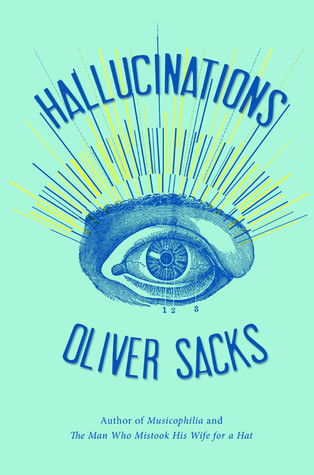
Hallucinations
by Oliver Sacks
Have you ever seen something that wasn’t really there? Heard someone call your name in an empty house? Sensed someone following you and turned around to find nothing?
Book/Audiobook CD/Overdrive eBook
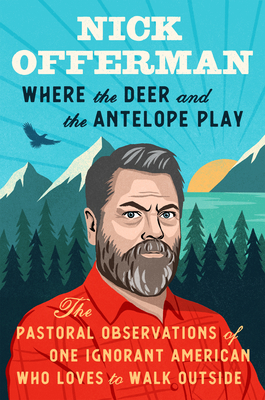
Where the Deer and the Antelope Play: The Pastoral Observations of One Ignorant American Who Loves to Walk Outside
by Nick Offerman
A humorous and rousing tour of America’s nature spots as well as a mission statement about loving, protecting, and truly experiencing the outdoors, inspired by three journeys undertaken by actor, humorist, and New York Times bestselling author Nick Offerman
Book/Overdrive eBook/Overdrive Audiobook
Fiction
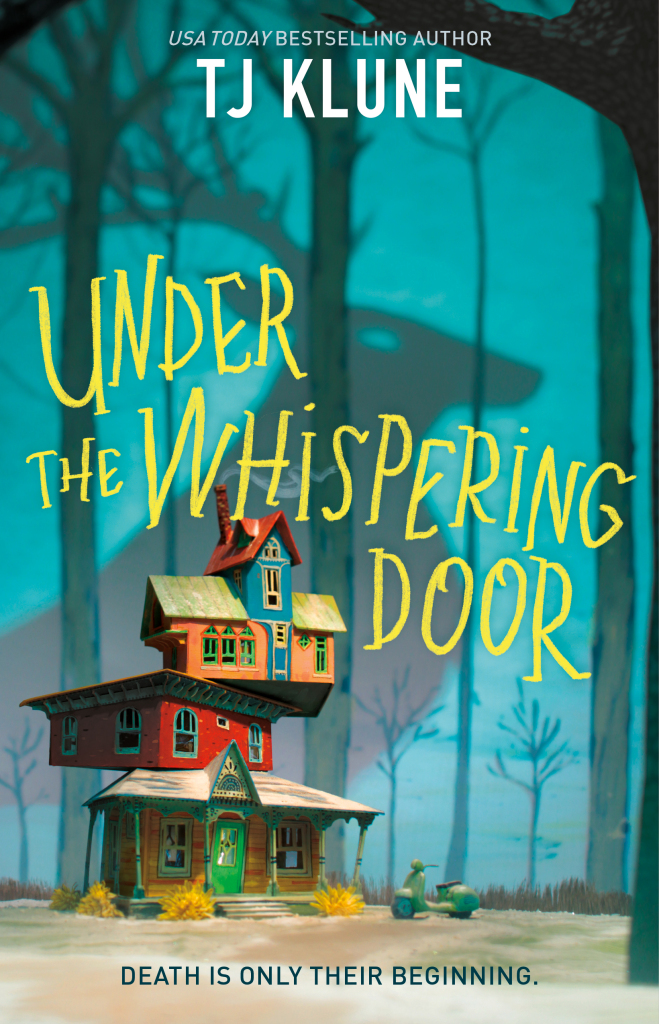
Under the Whispering Door
by TJ Klune
When a reaper comes to collect Wallace Price from his own funeral, Wallace suspects he really might be dead.
Book/Overdrive eBook/Overdrive Audiobook
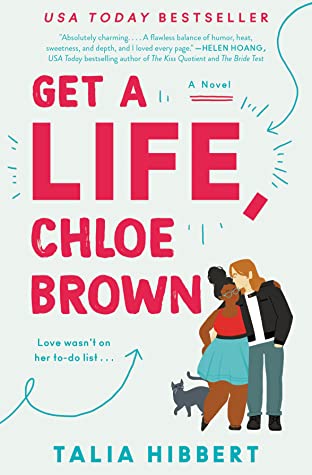
Get a Life, Chloe Brown
by Talia Hibbert
Chloe Brown is a chronically ill computer geek with a goal, a plan, and a list. After almost—but not quite—dying, she’s come up with seven directives to help her “Get a Life”, and she’s already completed the first: finally moving out of her glamorous family’s mansion. The next items?
Book/Overdrive eBook/Hoopla eBook/Hoopla Audiobook

The Library of the Dead
by T.L. Huchu
When a child goes missing in Edinburgh’s darkest streets, young Ropa investigates. She’ll need to call on Zimbabwean magic as well as her Scottish pragmatism to hunt down clues. But as shadows lengthen, will the hunter become the hunted?
Books
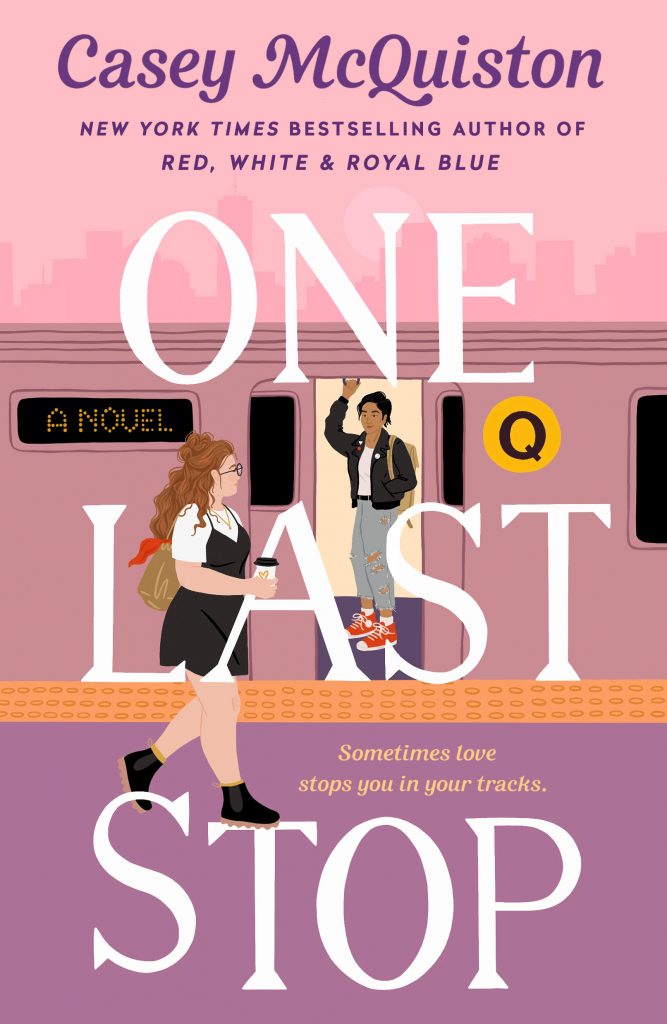
One Last Stop
by Casey McQuiston
For cynical twenty-three-year-old August, moving to New York City is supposed to prove her right: that things like magic and cinematic love stories don’t exist, and the only smart way to go through life is alone. She can’t imagine how waiting tables at a 24-hour pancake diner and moving in with too many weird roommates could possibly change that. And there’s certainly no chance of her subway commute being anything more than a daily trudge through boredom and electrical failures.
But then, there’s this gorgeous girl on the train.
Overdrive eBook
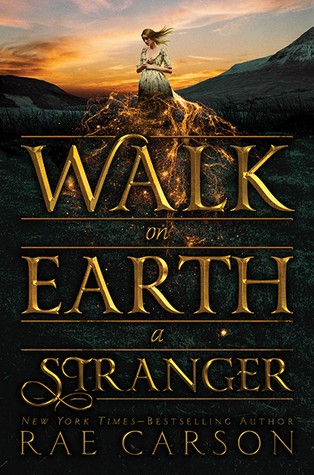
Walk on Earth a Stranger
by Rae Carson
Lee can sense gold in the world around her. Veins deep in the earth. Small nuggets in a stream. Even gold dust caught underneath a fingernail. She has kept her family safe and able to buy provisions, even through the harshest winters. But what would someone do to control a girl with that kind of power? A person might murder for it.
Book/Hoopla eBook/Hoopla Audiobook
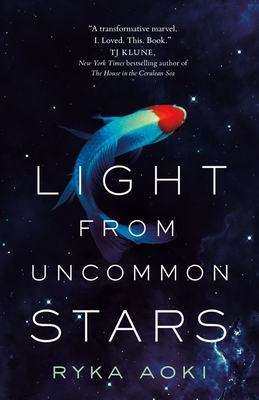
Light from Uncommon Stars
by Ryka Aoki
Shizuka Satomi made a deal with the devil: to escape damnation, she must entice seven other violin prodigies to trade their souls for success. She has already delivered six.
Book
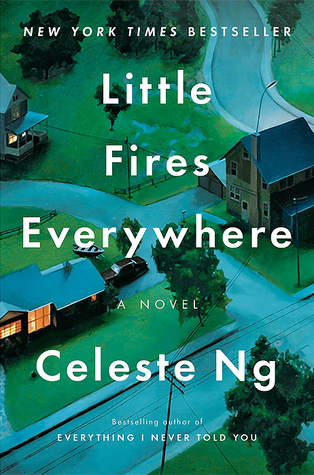
Little Fires Everywhere
by Celeste Ng
Little Fires Everywhere explores the weight of secrets, the nature of art and identity, and the ferocious pull of motherhood–and the danger of believing that following the rules can avert disaster.
Book/Audiobook CD/Overdrive eBook/Overdrive Audiobook

War and Peace
by Leo Tolstoy
In Russia’s struggle with Napoleon, Tolstoy saw a tragedy that involved all mankind. Greater than a historical chronicle, War and Peace is an affirmation of life itself, `a complete picture’, as a contemporary reviewer put it, `of everything in which people find their happiness and greatness, their grief and humiliation’.
Book/Audiobook CD/Overdrive eBook/Hoopla eBook/Hoopla Audiobook
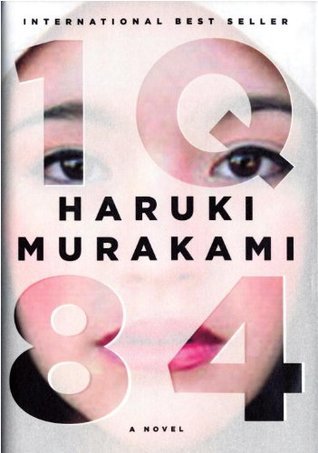
1Q84
by Haruki Murakami
A young woman named Aomame follows a taxi driver’s enigmatic suggestion and begins to notice puzzling discrepancies in the world around her. She has entered, she realizes, a parallel existence, which she calls 1Q84 —“Q is for ‘question mark.’ A world that bears a question.” Meanwhile, an aspiring writer named Tengo takes on a suspect ghostwriting project. He becomes so wrapped up with the work and its unusual author that, soon, his previously placid life begins to come unraveled.
Book/Audiobook CD/Overdrive eBook
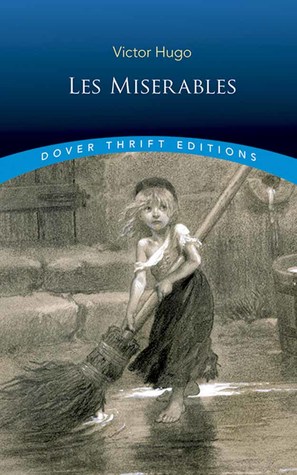
Les Miserables
by Victor Hugo
A thrilling tale of narrow escapes, romance in the midst of a revolution, and battlefield heroism, Victor Hugo’s sprawling 1862 novel focuses on the Parisian underworld.
Book/Overdrive eBook/Hoopla eBook/Hoopla Audiobook
Young Adult
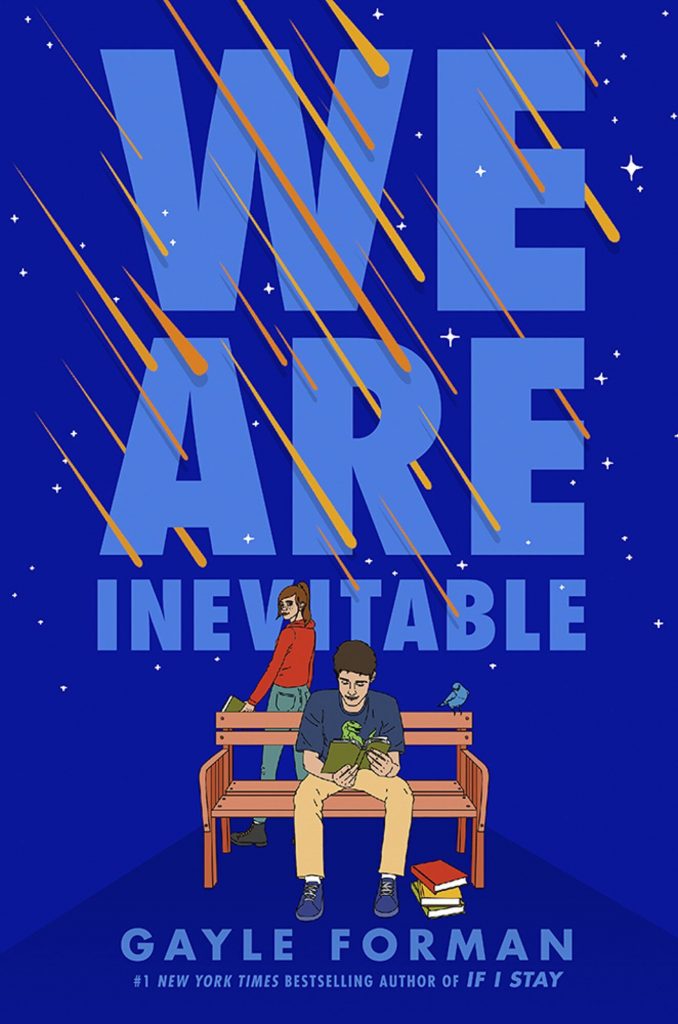
We are Inevitable
by Gayle Forman
While his friends have gone to college and moved on with their lives, Aaron’s been left behind in the Cascade Mountains of Washington State, running a failing bookshop with his dad, Ira. What he needs is a lucky break, the good kind of inevitable.
And then he meets Hannah. Incredible Hannah
Book
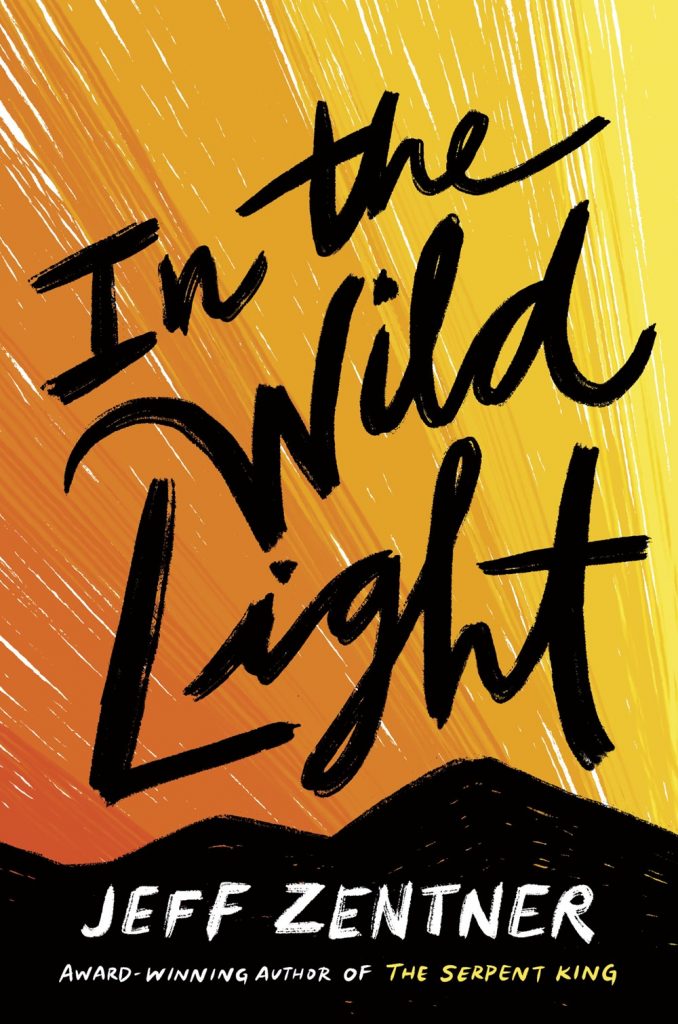
In the Wild Light
by Jeff Zentner
Life in a small Appalachian town is not easy. Cash lost his mother to an opioid addiction and his Papaw is dying slowly from emphysema. Dodging drug dealers and watching out for his best friend, Delaney, is second nature. He’s been spending his summer mowing lawns while she works at Dairy Queen.
But when Delaney manages to secure both of them full rides to an elite prep school in Connecticut, Cash will have to grapple with his need to protect and love Delaney, and his love for the grandparents who saved him and the town he would have to leave behind.
Book
Juvenile Fiction
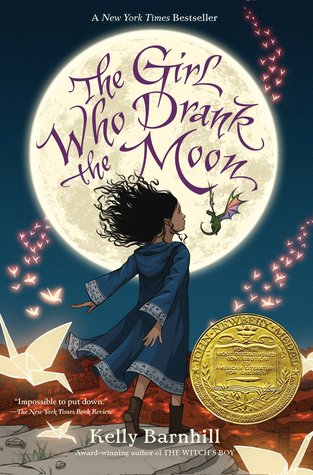
The Girl Who Drank the Moon
by Kelly Barnhill
Every year, the people of the Protectorate leave a baby as an offering to the witch who lives in the forest. They hope this sacrifice will keep her from terrorizing their town. But the witch in the forest, Xan, is kind and gentle. She shares her home with a wise Swamp Monster named Glerk and a Perfectly Tiny Dragon, Fyrian. Xan rescues the abandoned children and deliver them to welcoming families on the other side of the forest, nourishing the babies with starlight on the journey.
One year, Xan accidentally feeds a baby moonlight instead of starlight, filling the ordinary child with extraordinary magic. Xan decides she must raise this enmagicked girl, whom she calls Luna, as her own. To keep young Luna safe from her own unwieldy power, Xan locks her magic deep inside her. When Luna approaches her thirteenth birthday, her magic begins to emerge on schedule–but Xan is far away. Meanwhile, a young man from the Protectorate is determined to free his people by killing the witch. Soon, it is up to Luna to protect those who have protected her–even if it means the end of the loving, safe world she’s always known
Book/Overdrive eBook/Overdrive Audiobook/Hoopla eBook/Hoopla Audiobook
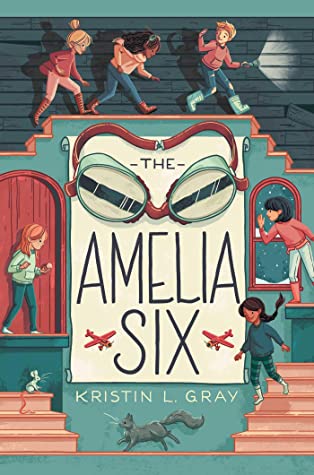
The Amelia Six
by Kristin L. Gray
Amelia Earhart’s famous aviator goggles go missing and eleven-year-old Millie has to find them before the night is over
Book
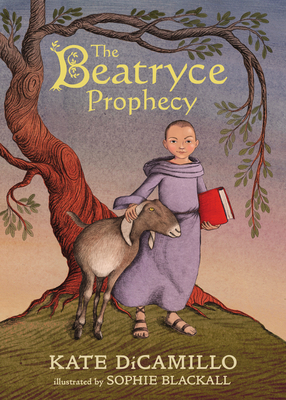
The Beatryce Prophecy
Kate DiCamillo
From two-time Newbery Medalist Kate DiCamillo and two-time Caldecott Medalist Sophie Blackall comes a fantastical meditation on fate, love, and the power of words to spell the world.
Book/Overdrive eBook
National Hobby Month
National Hobby Month
January is National Hobby month! Looking for new ideas for your hobby or planning to try a new one? The library has many resources for you!
Check out some of our favorite eBooks and eMagazines from OverDrive covering all sorts of hobbies, or links for fun stuff like How to be a Comedy Writer available when streaming on Hoopla. Plus, there we’ve gathered links right here for hardcover books and great crafting sites for ideas as well as step-by-step instructions. There is something for everyone!
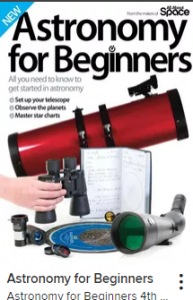
Astronomy for Beginners 4th Edition
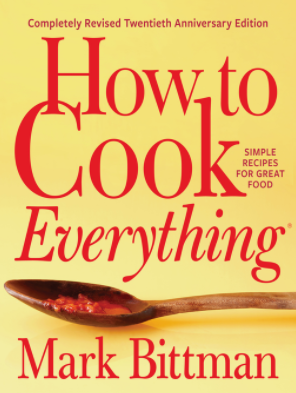
How to Cook Everything – Completely Revised Twentieth Anniversary Edition: Simple Recipes for Great Food by Mark Bittman
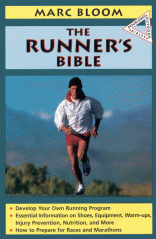
The Runner’s Bible by Mark Bloom
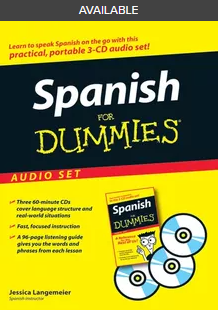
Spanish for Dummies by Jessica Langemeier

1000 Ideas for Decorating Cupcakes, Cookies, & Cakes by Sandra Salamony
Don’t see a hobby you would like to try from our staff-picked OverDrive selections? Check out Hoopla for more e-options or to stream movies. Or scroll for books and crafting sites.

Better Homes & Gardens 365 30-minute Meals
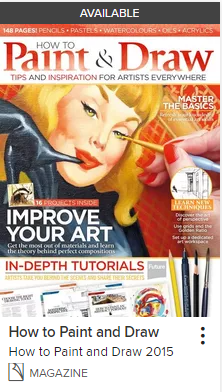
How to Paint and Draw

Minecraft Secrets
Got screen fatigue? Prefer a book you can hold?
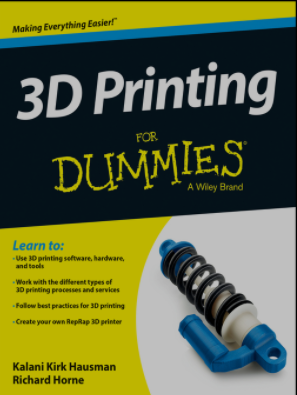
3D Printing for Dummies by Kalani Kirk Hausman
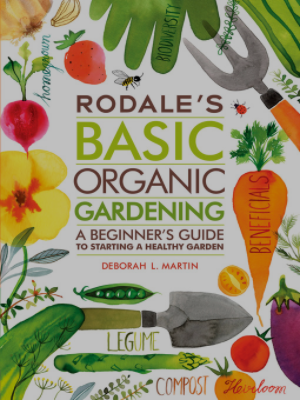
Rodale’s Basic Organic Gardening by Deborah Martin
Get Started with a Craft
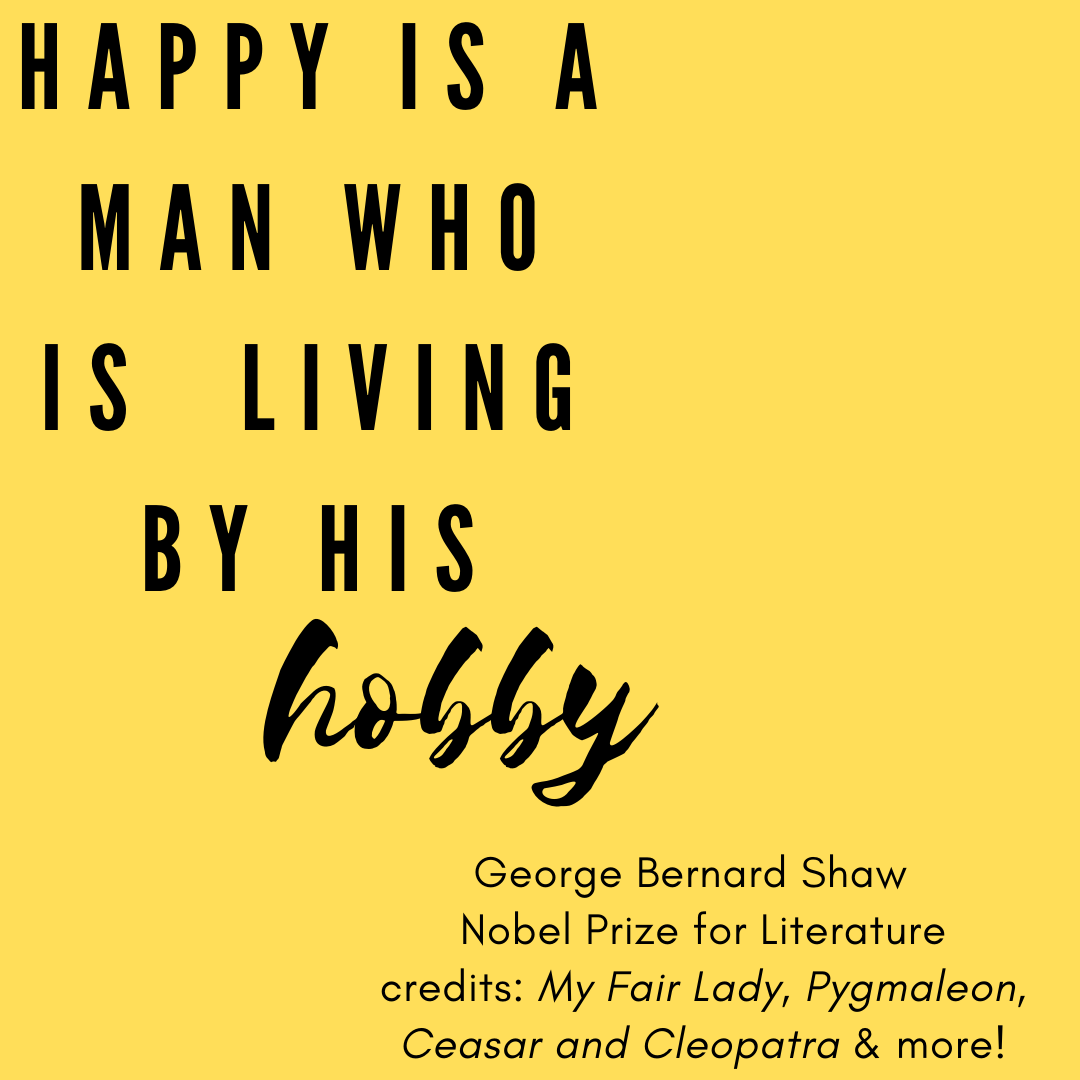
- Hobsess find a new hobby, revisit an old hobby from your past, or even learn how to turn your hobby into a profitable business.
- Discoverhobby – online directory of hobbies listed by categories such as collecting, arts and crafts, games, model and electronic, food and drinks, sports and outdoors, and spiritual and mental.
- eHow – extensive site covering about 30 different how-to categories, chock full of articles and tutorials.
- APL library catalog – our online catalog will take you to a plethora of materials such as books, magazines, and DVDs, including in electronic format about your favorite things to do or make!
